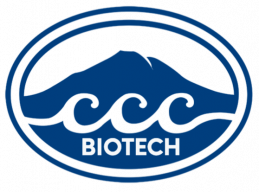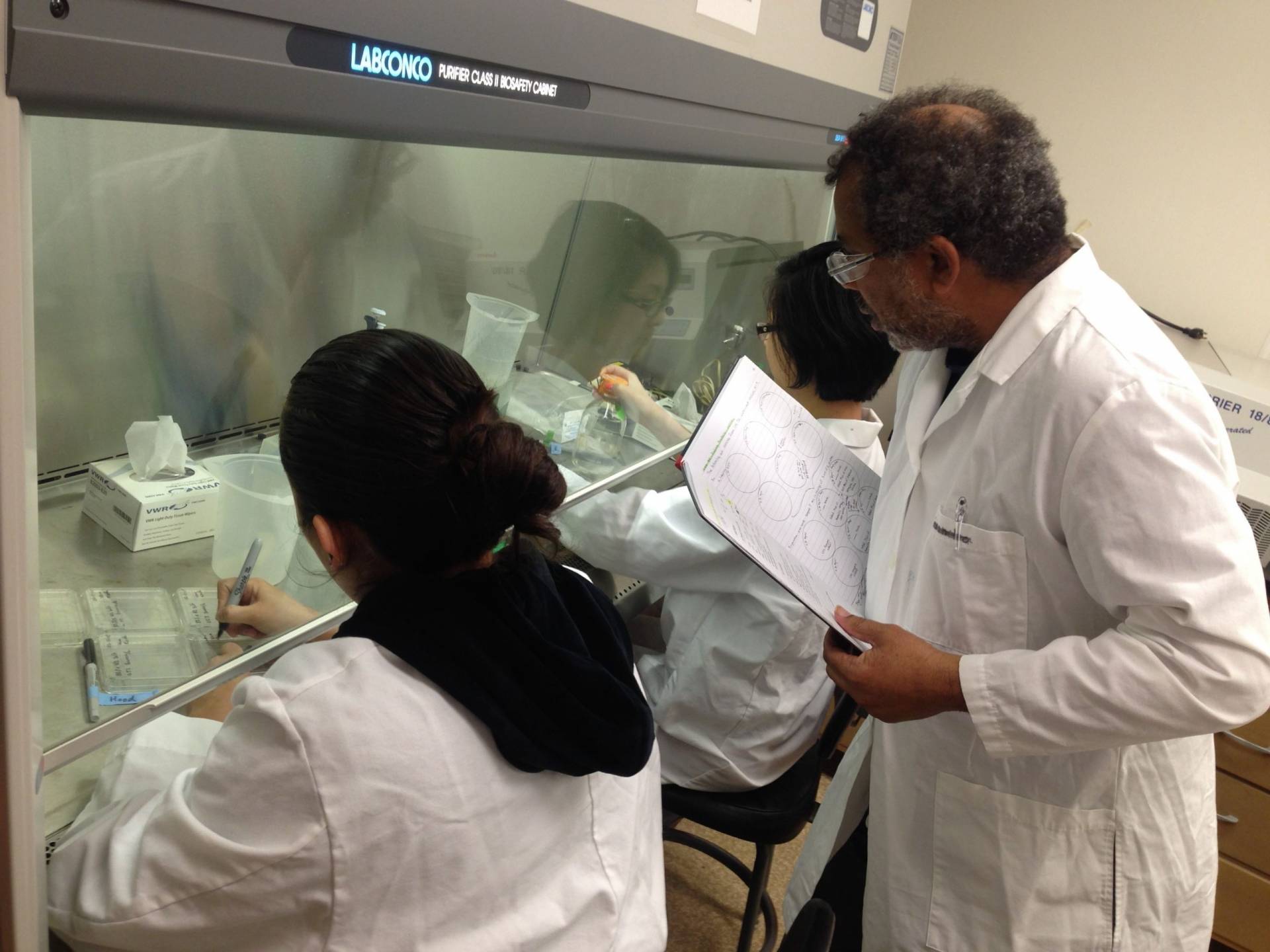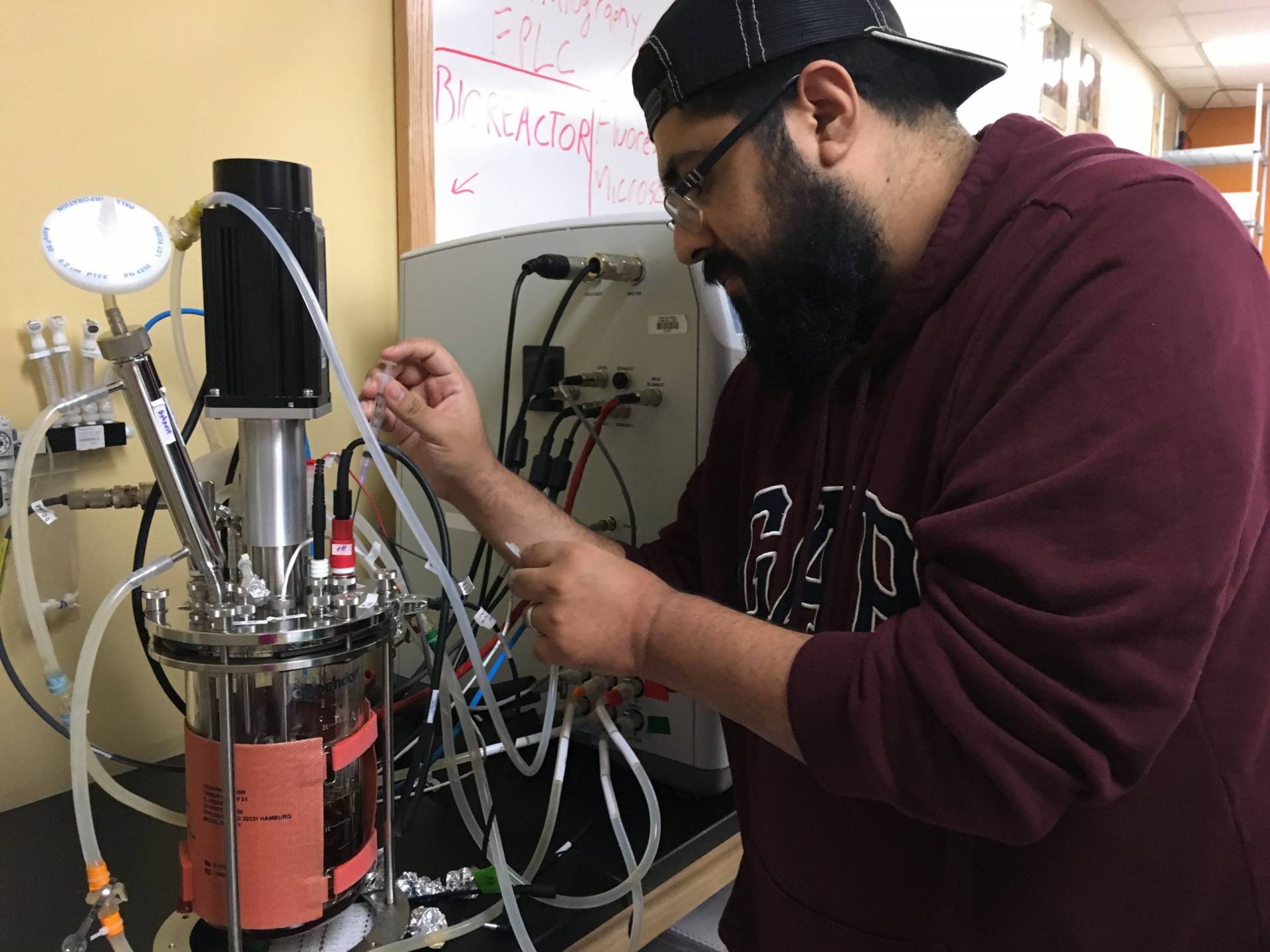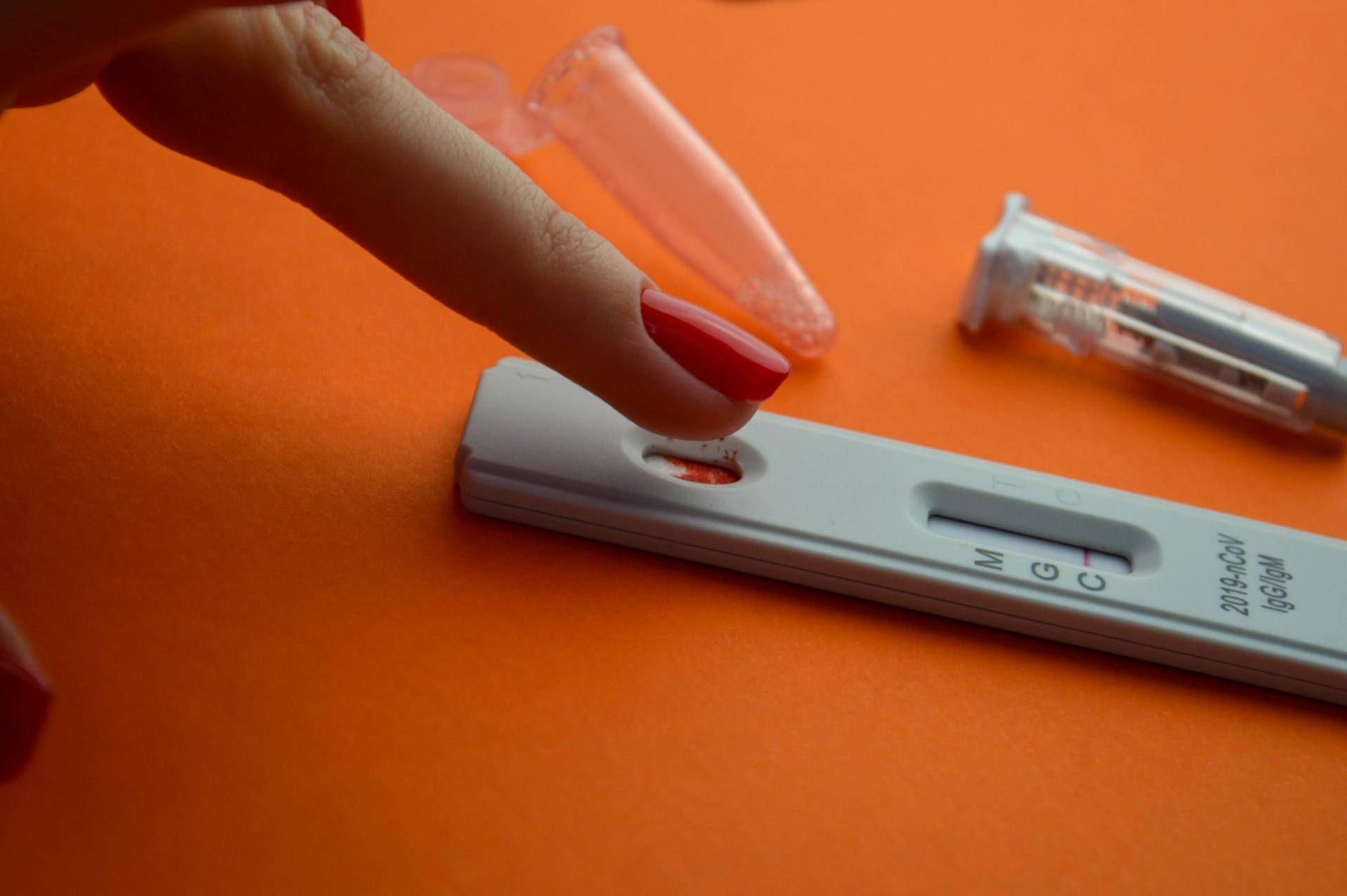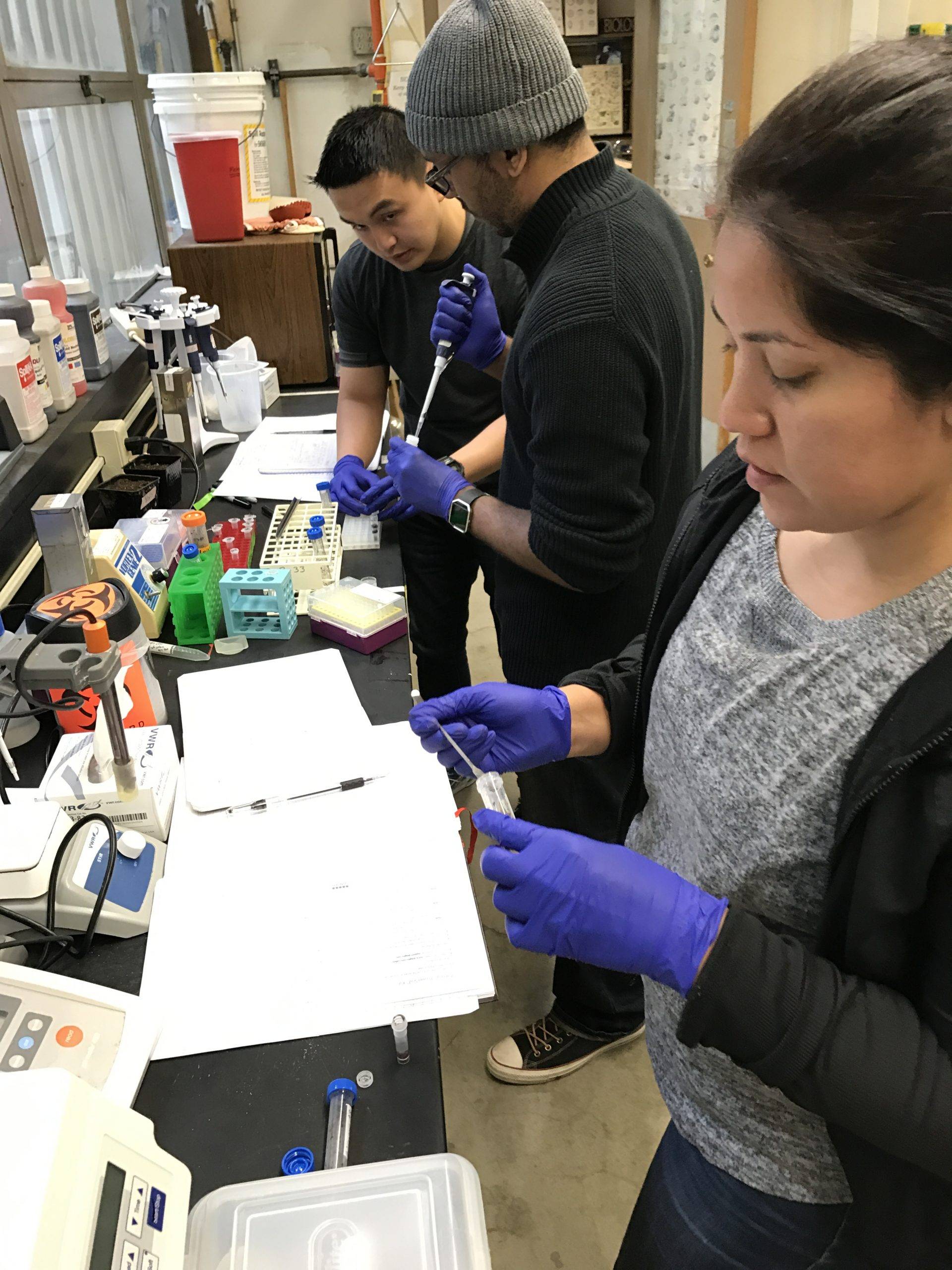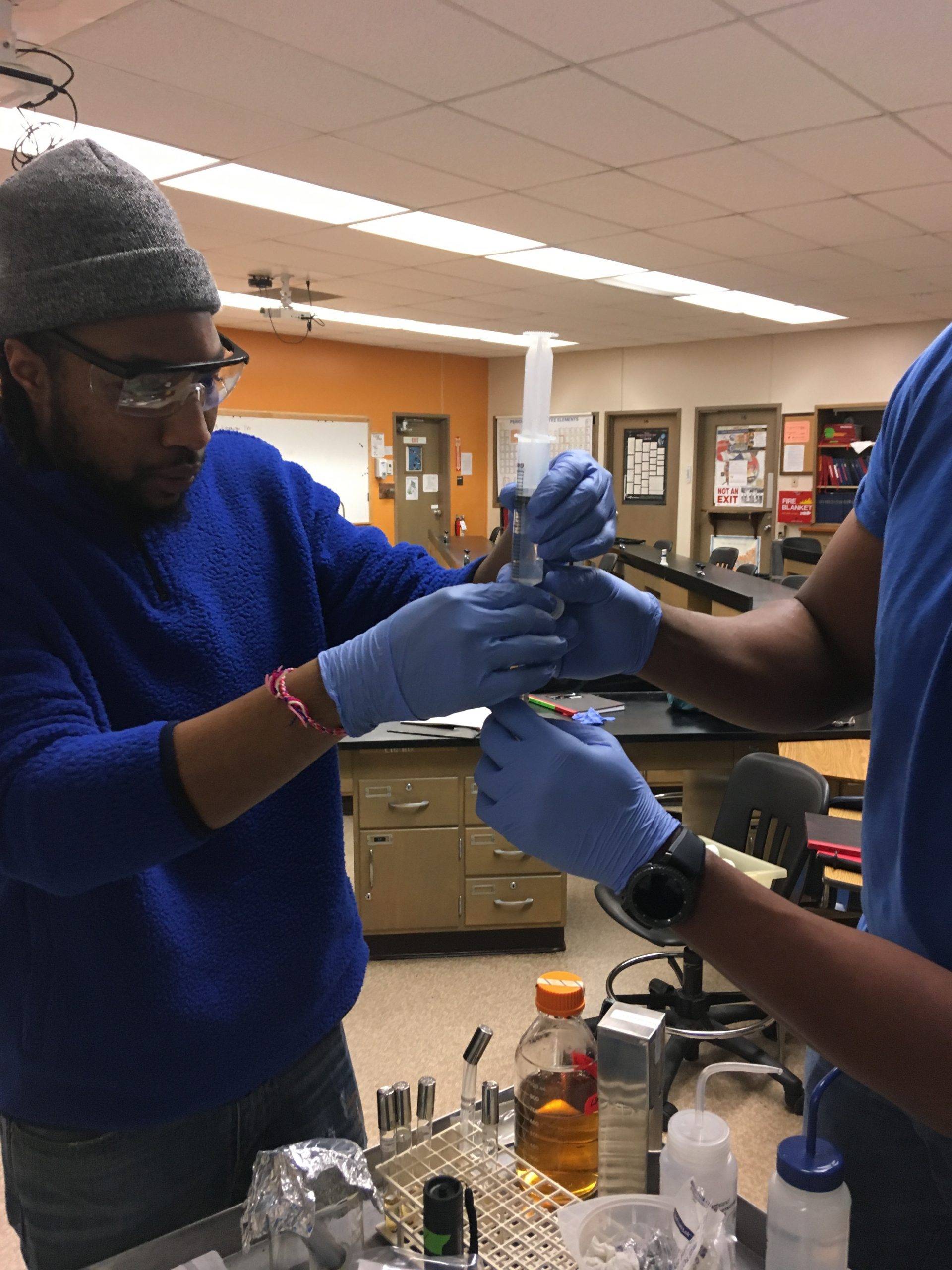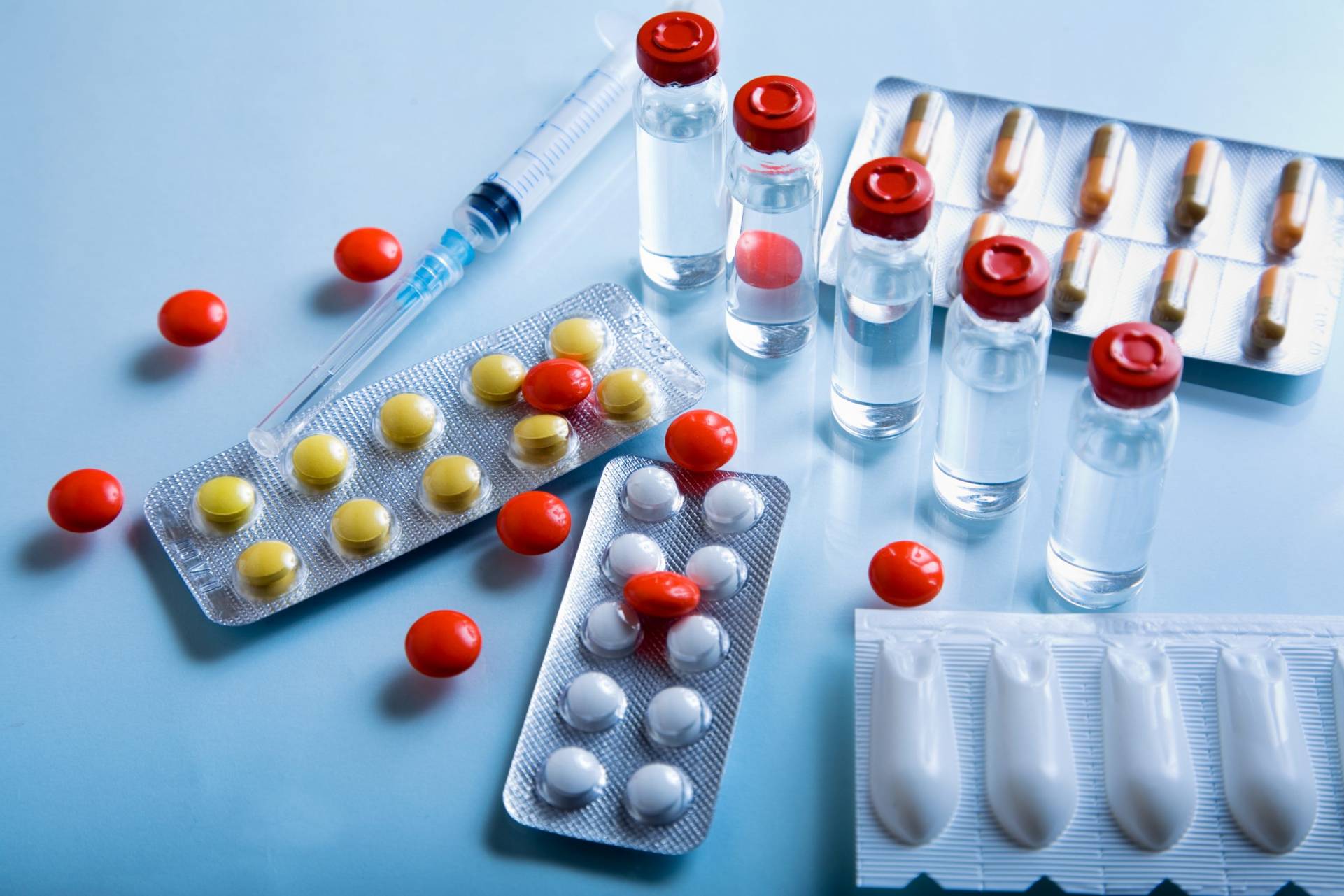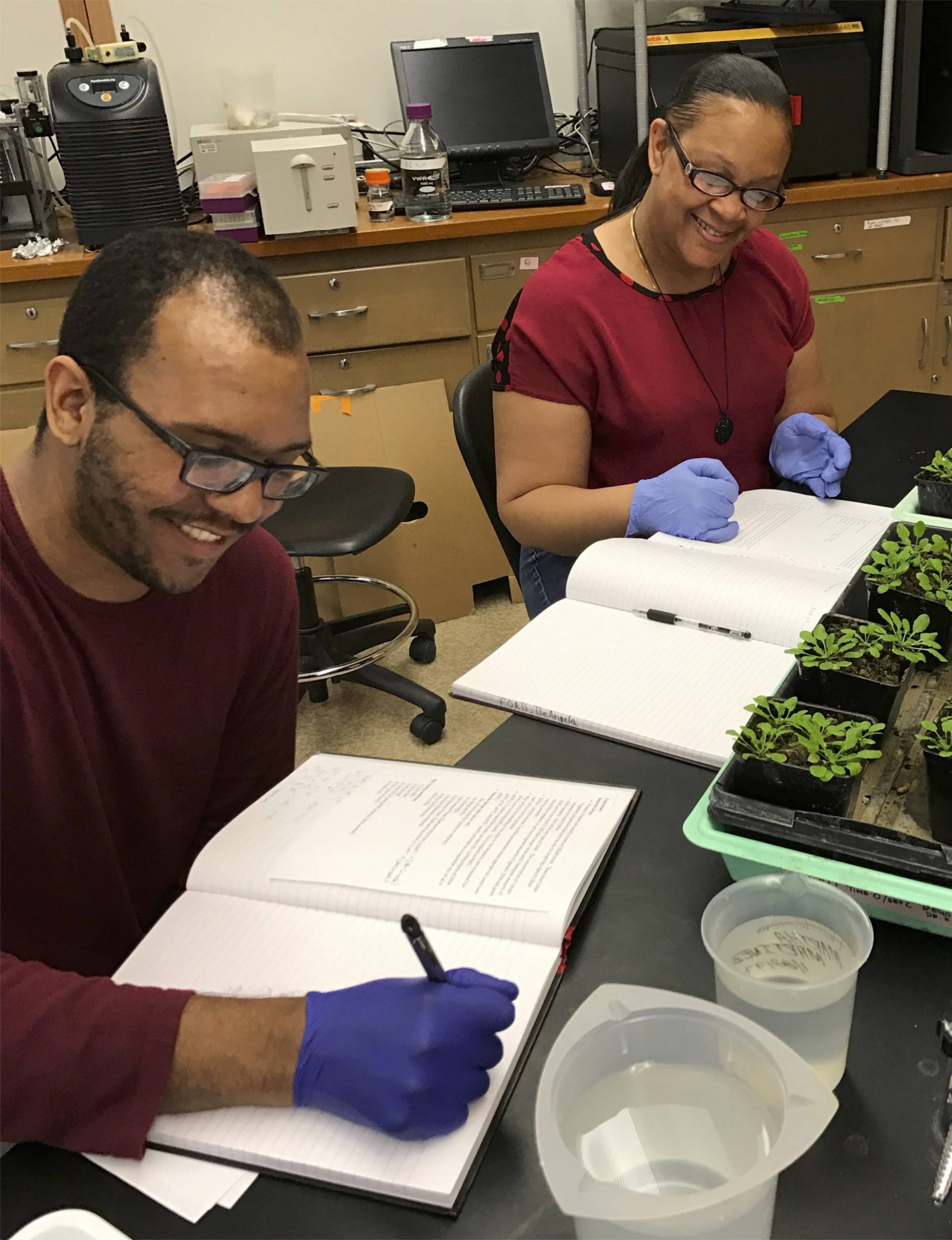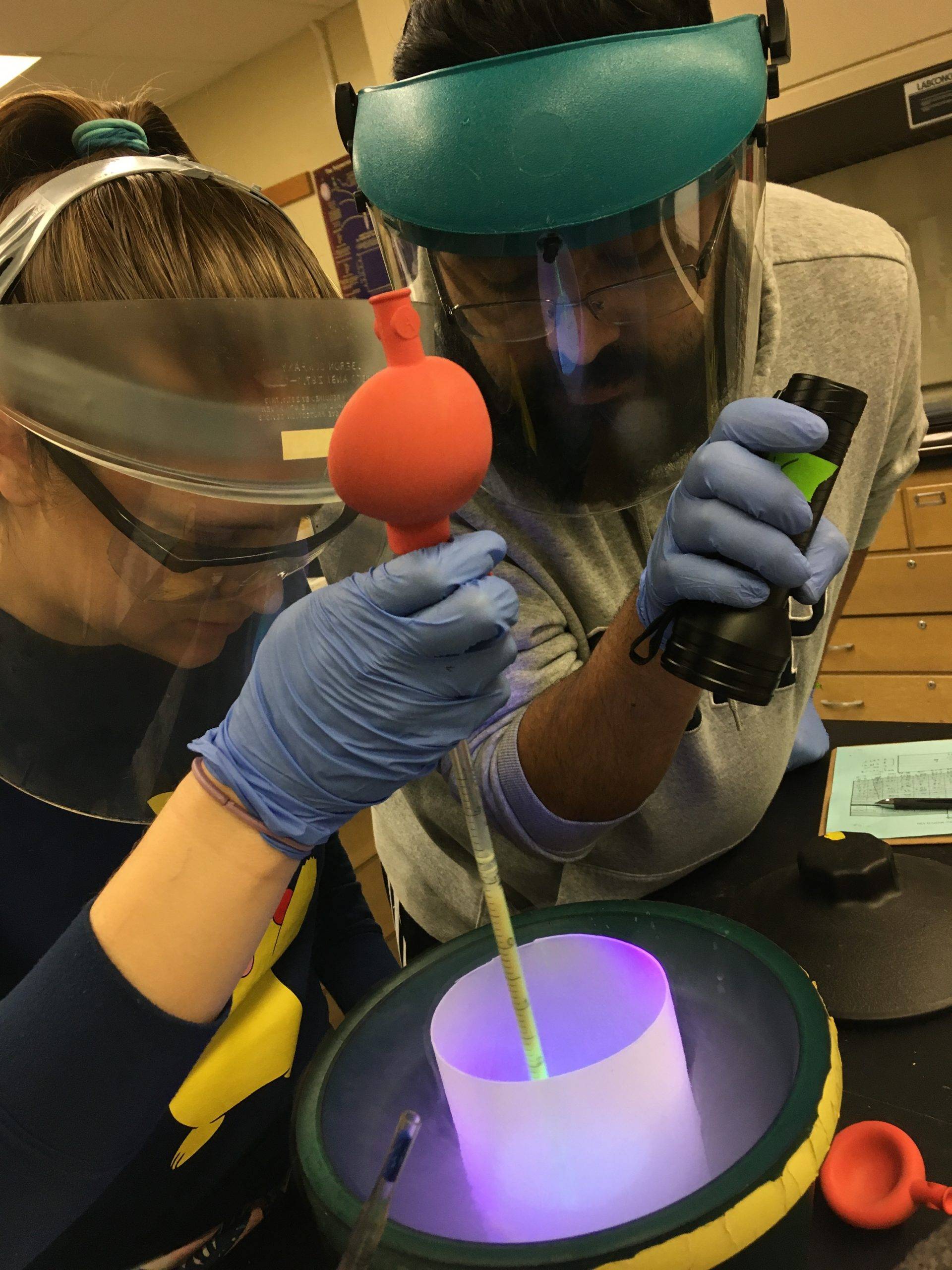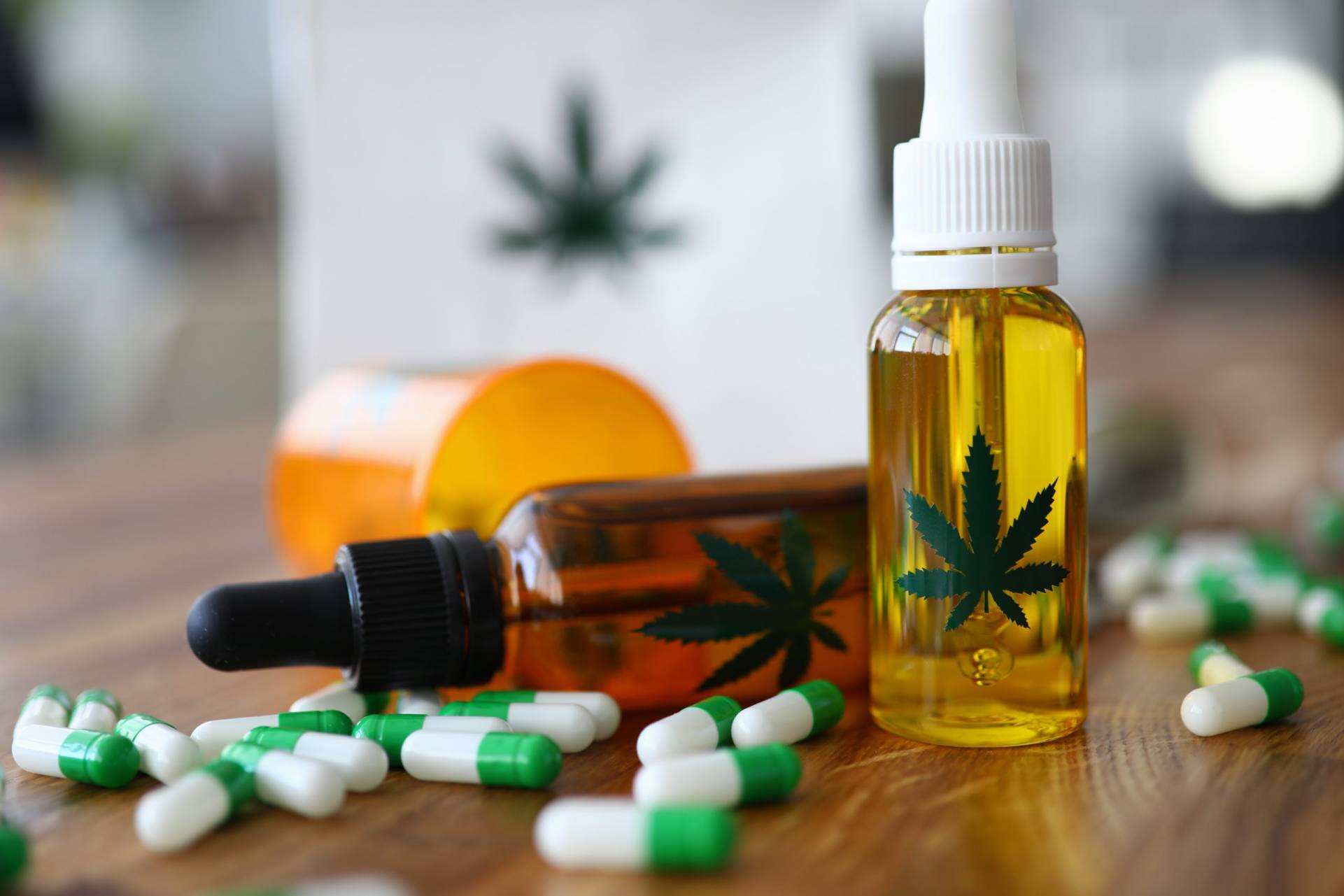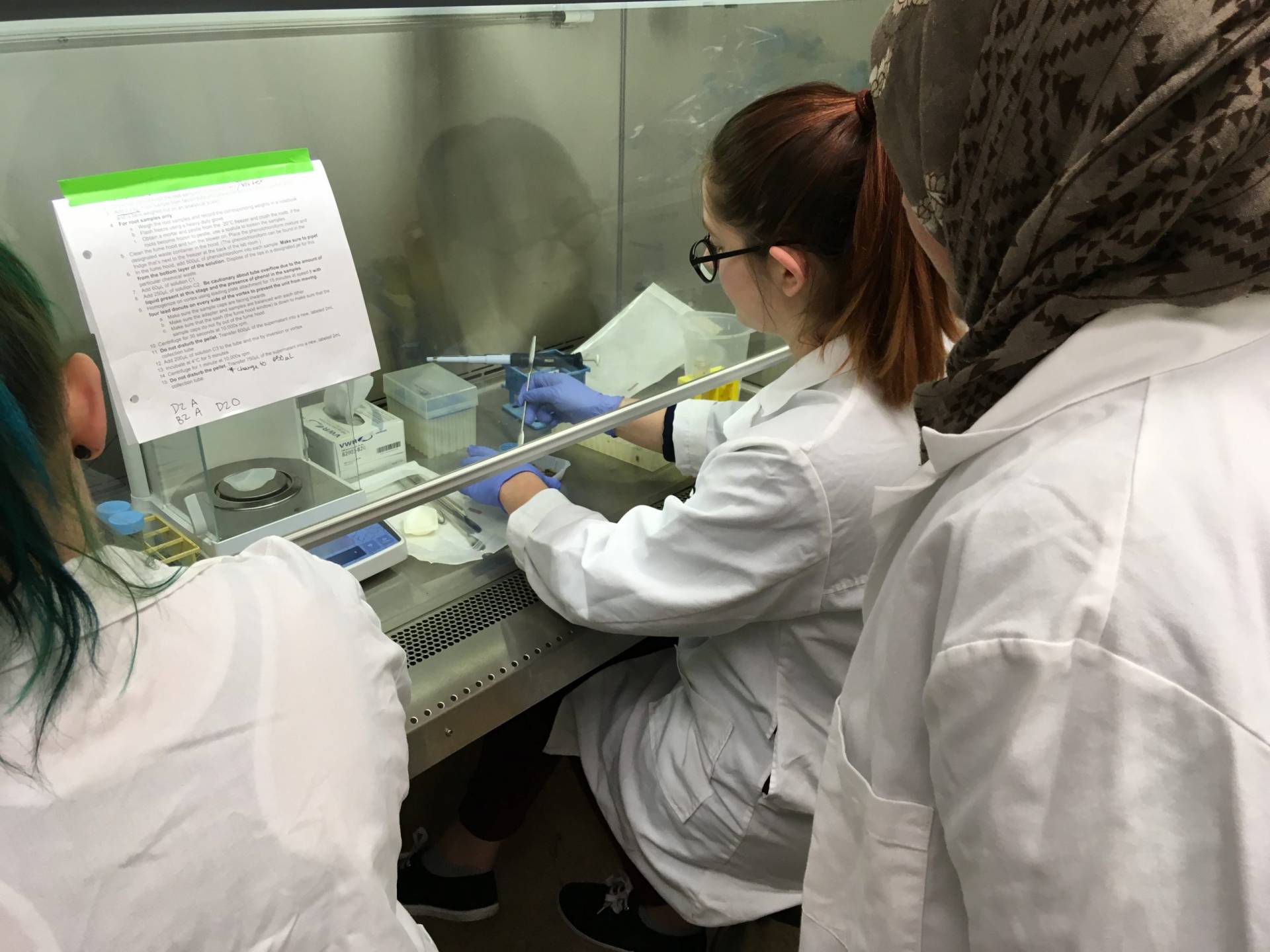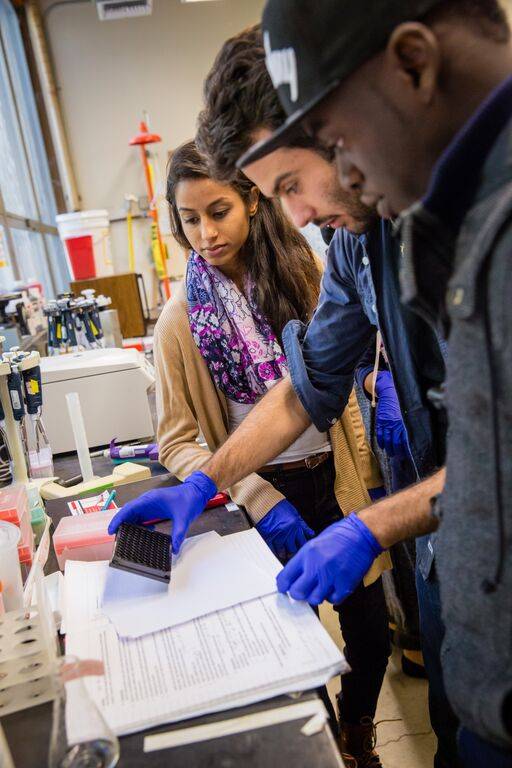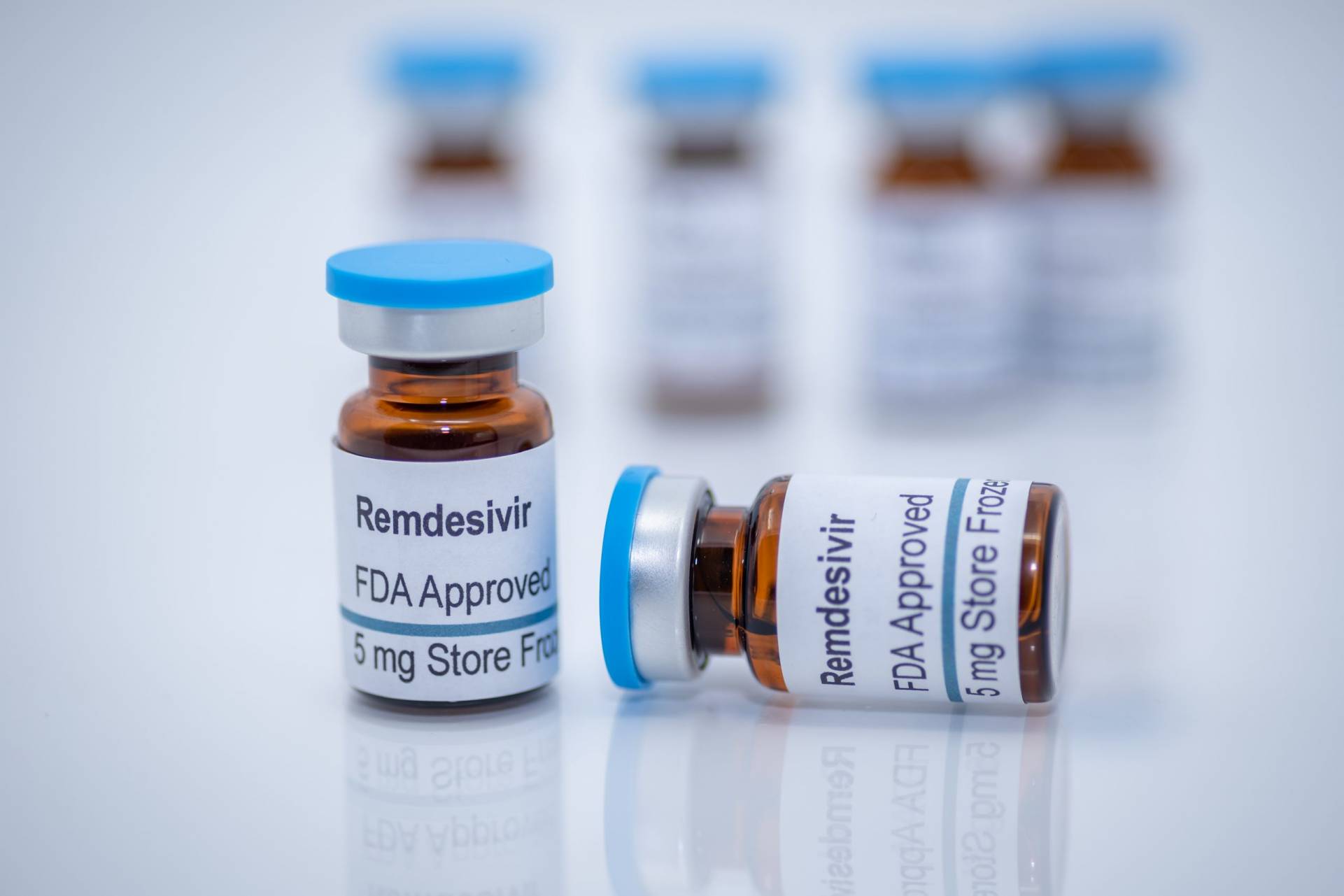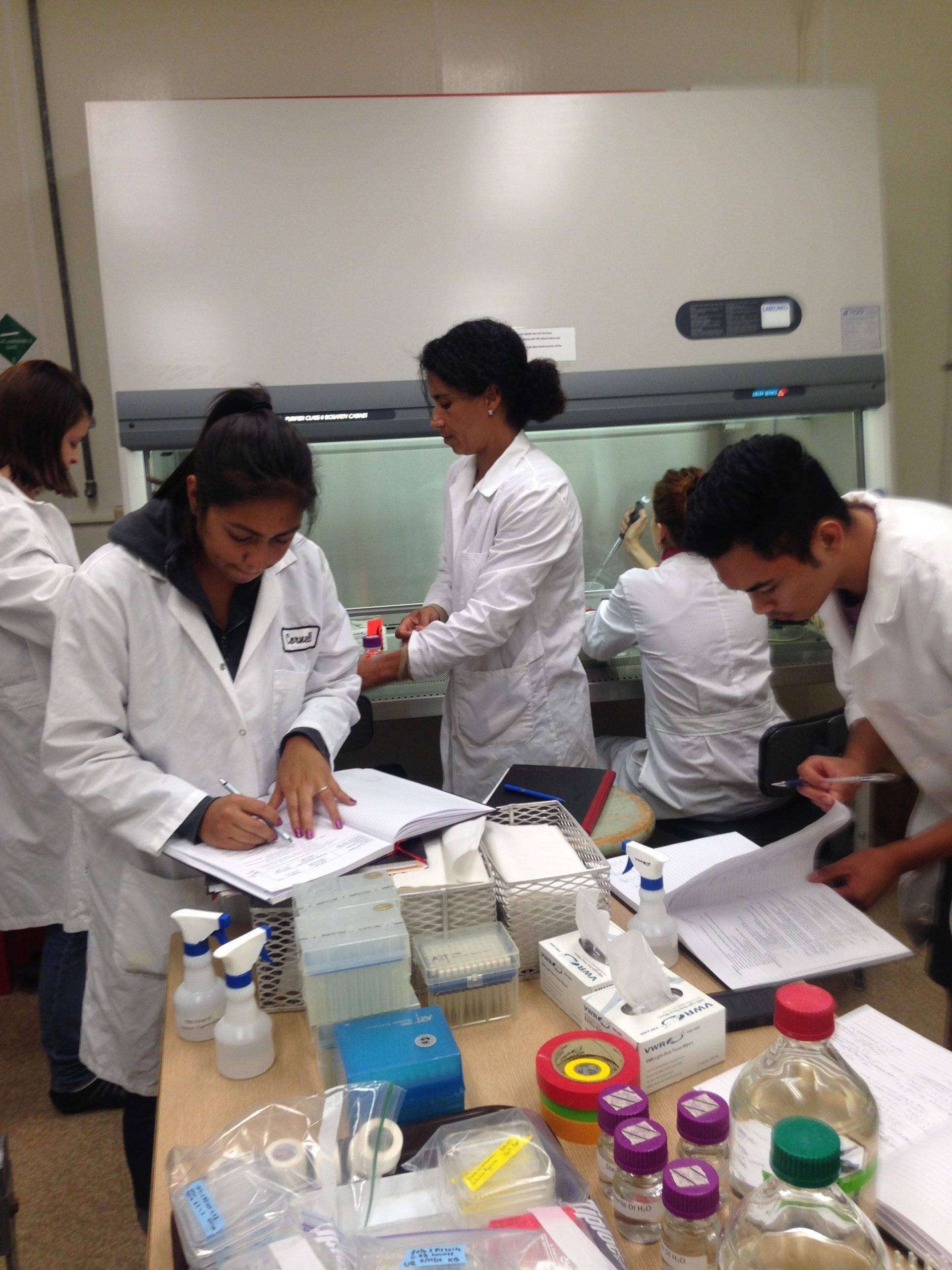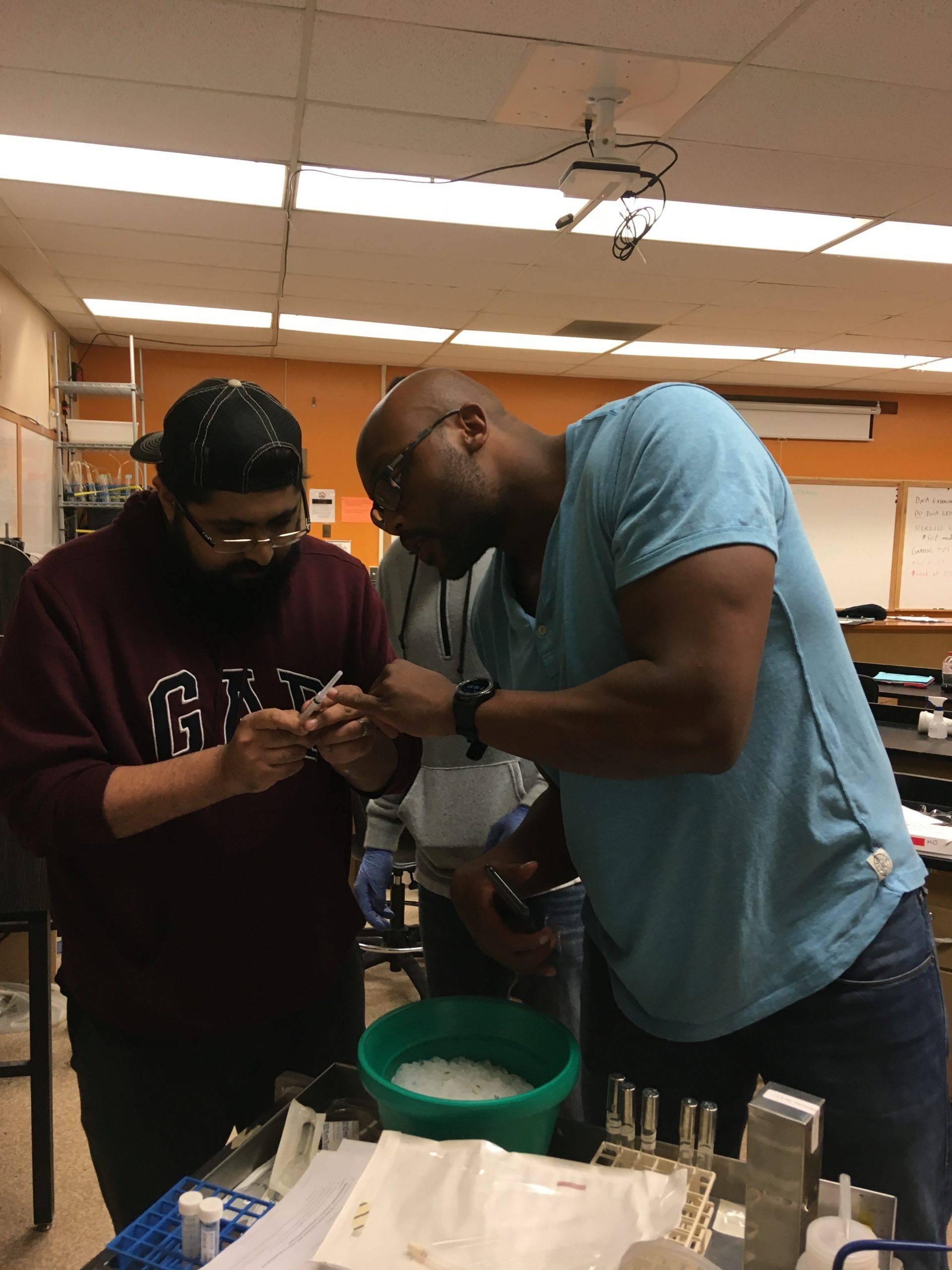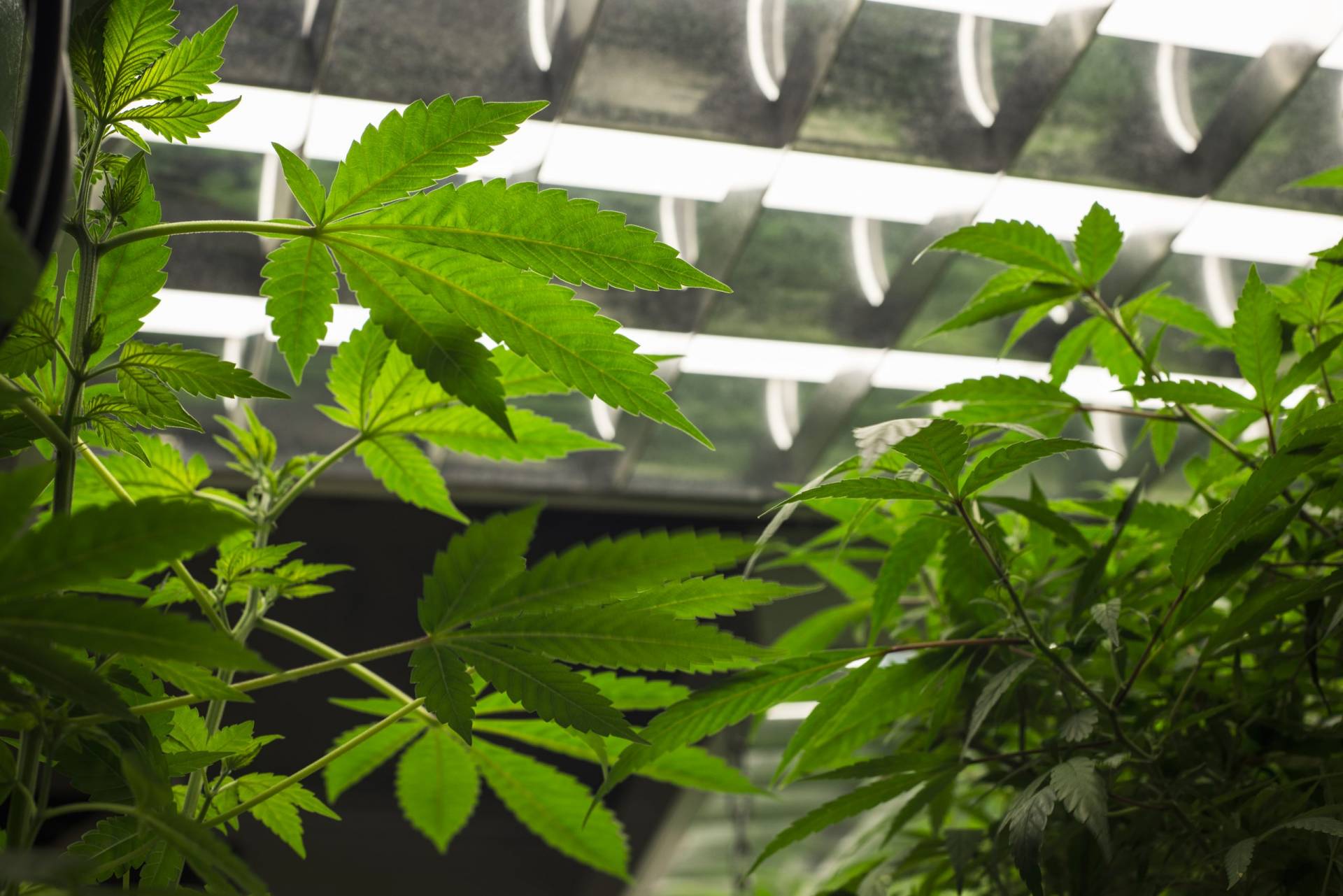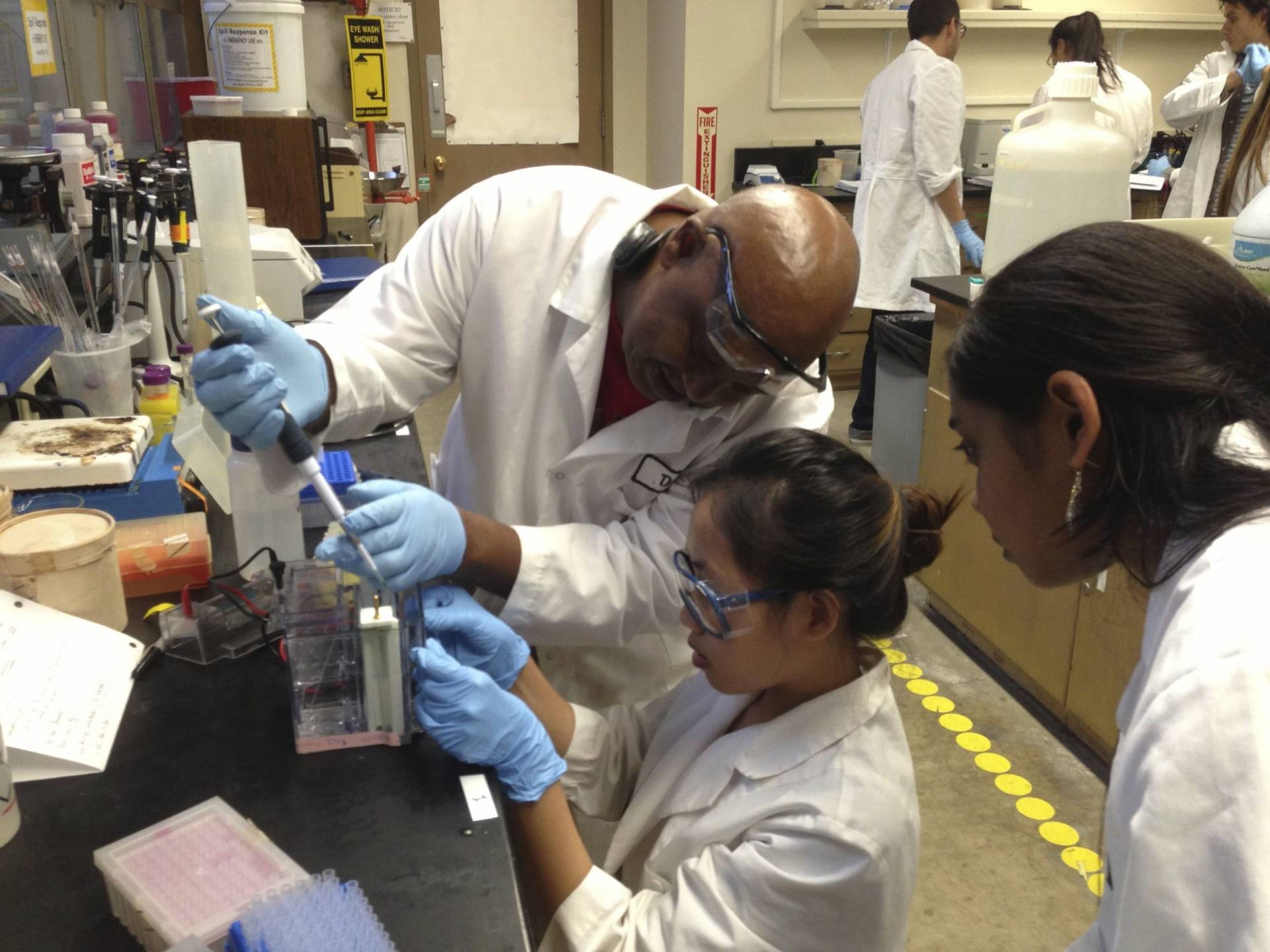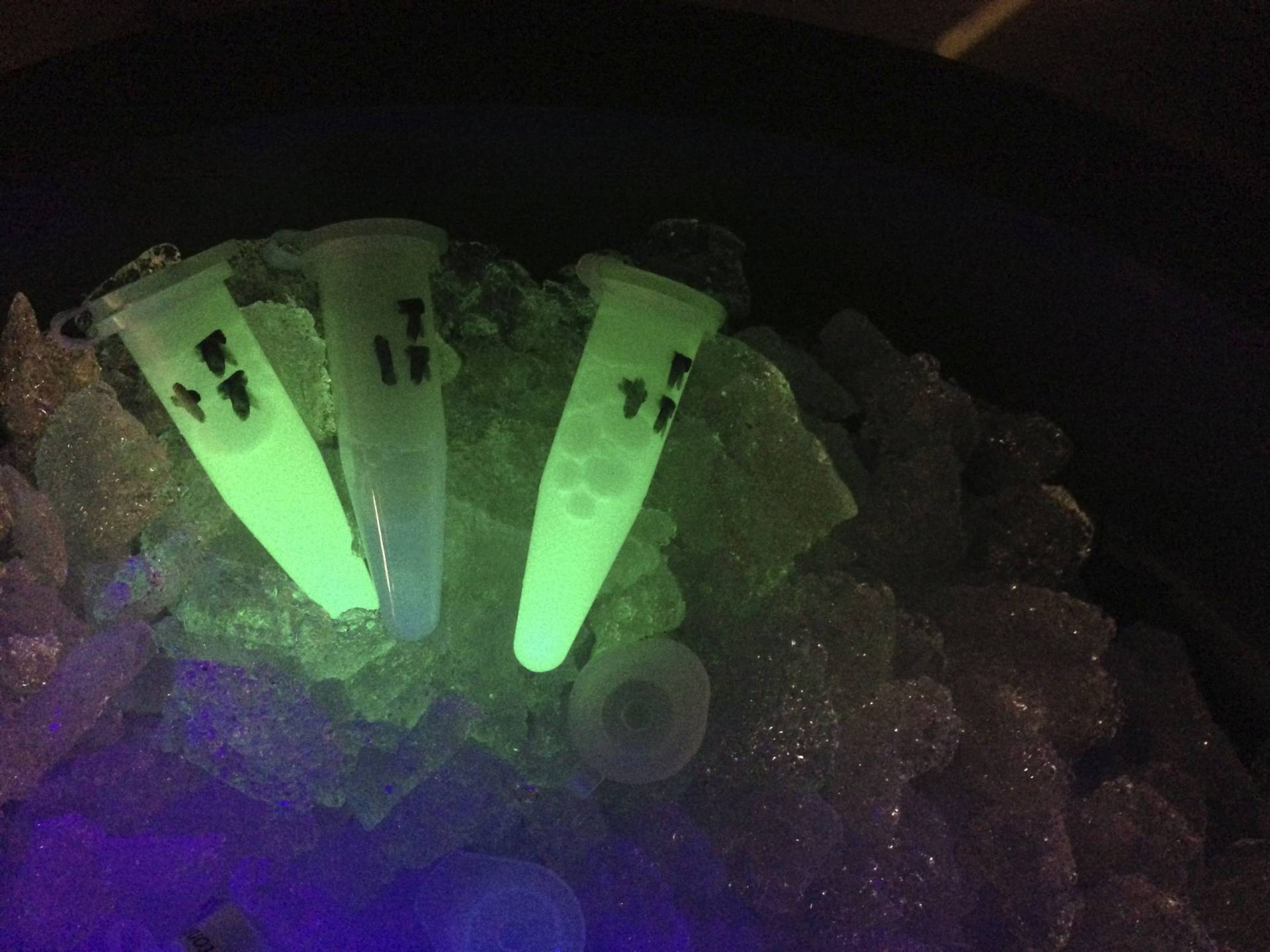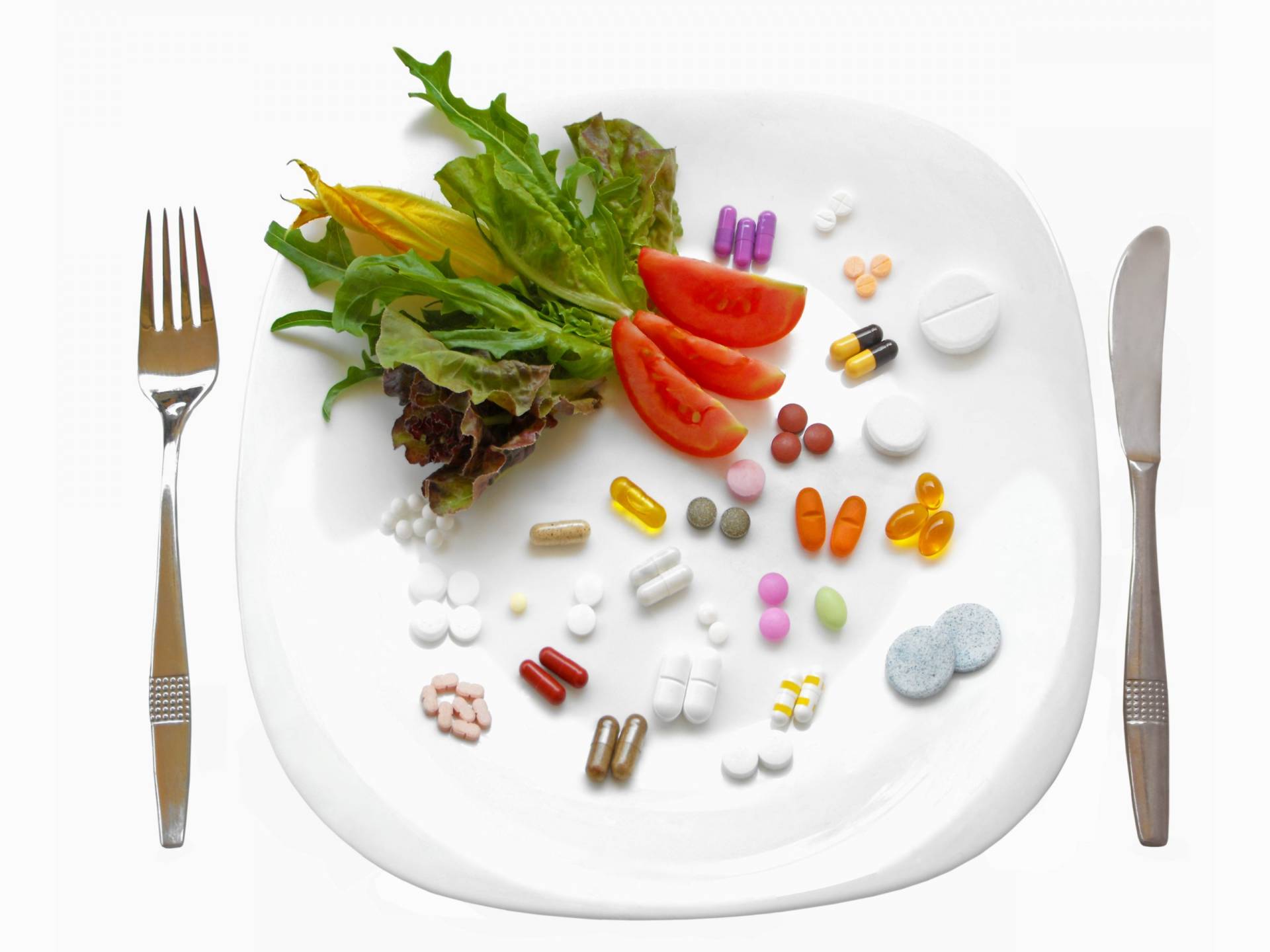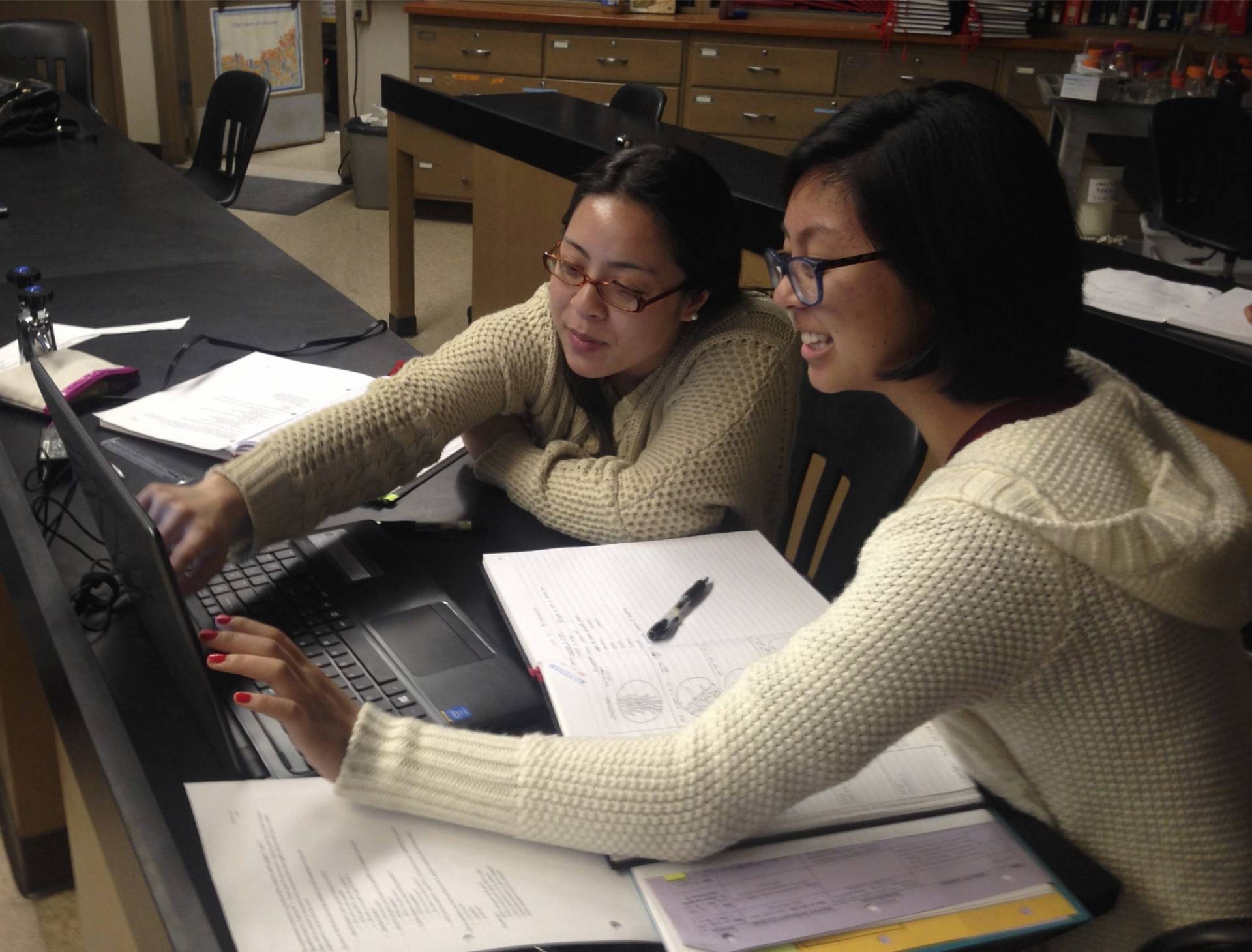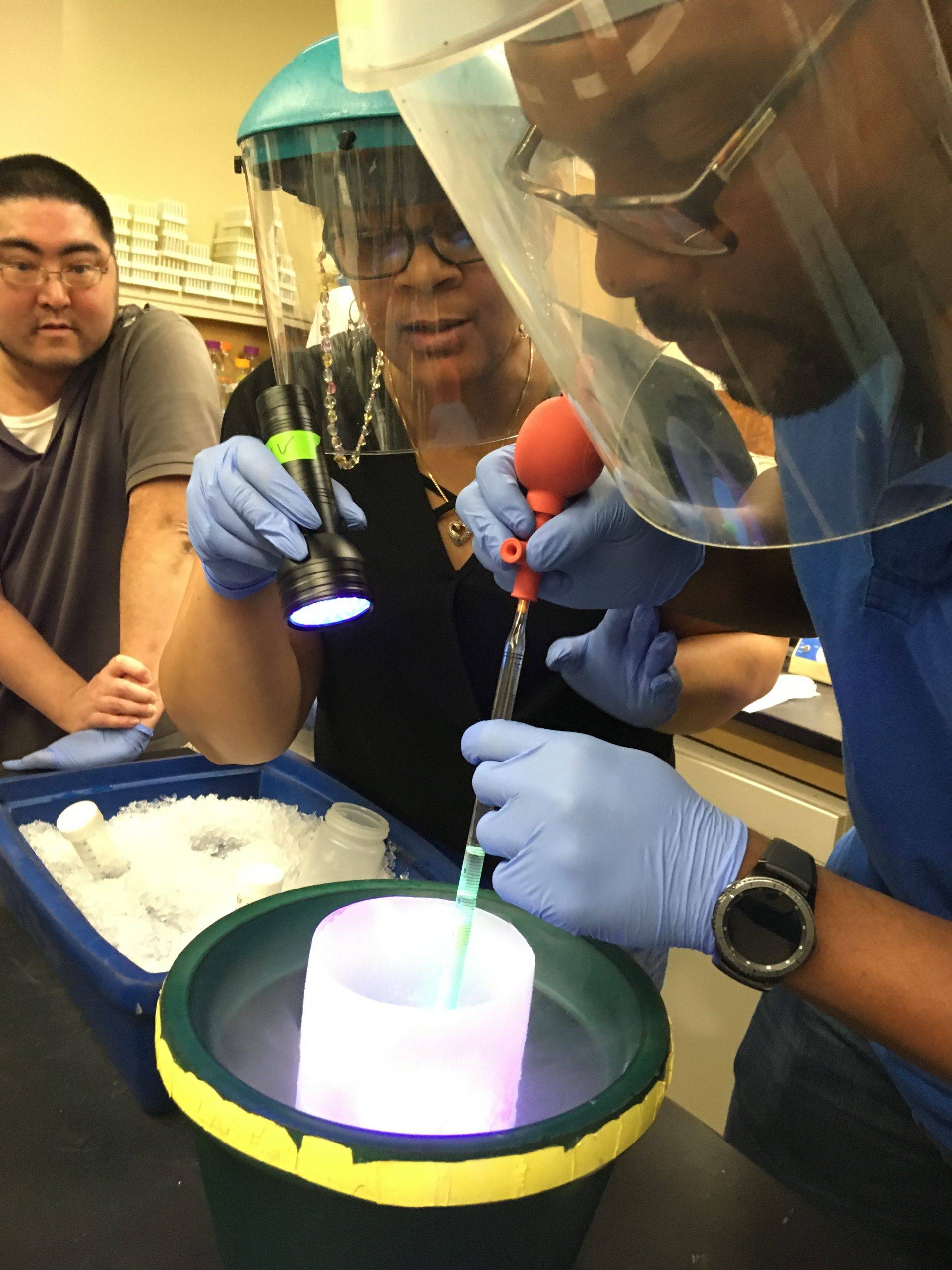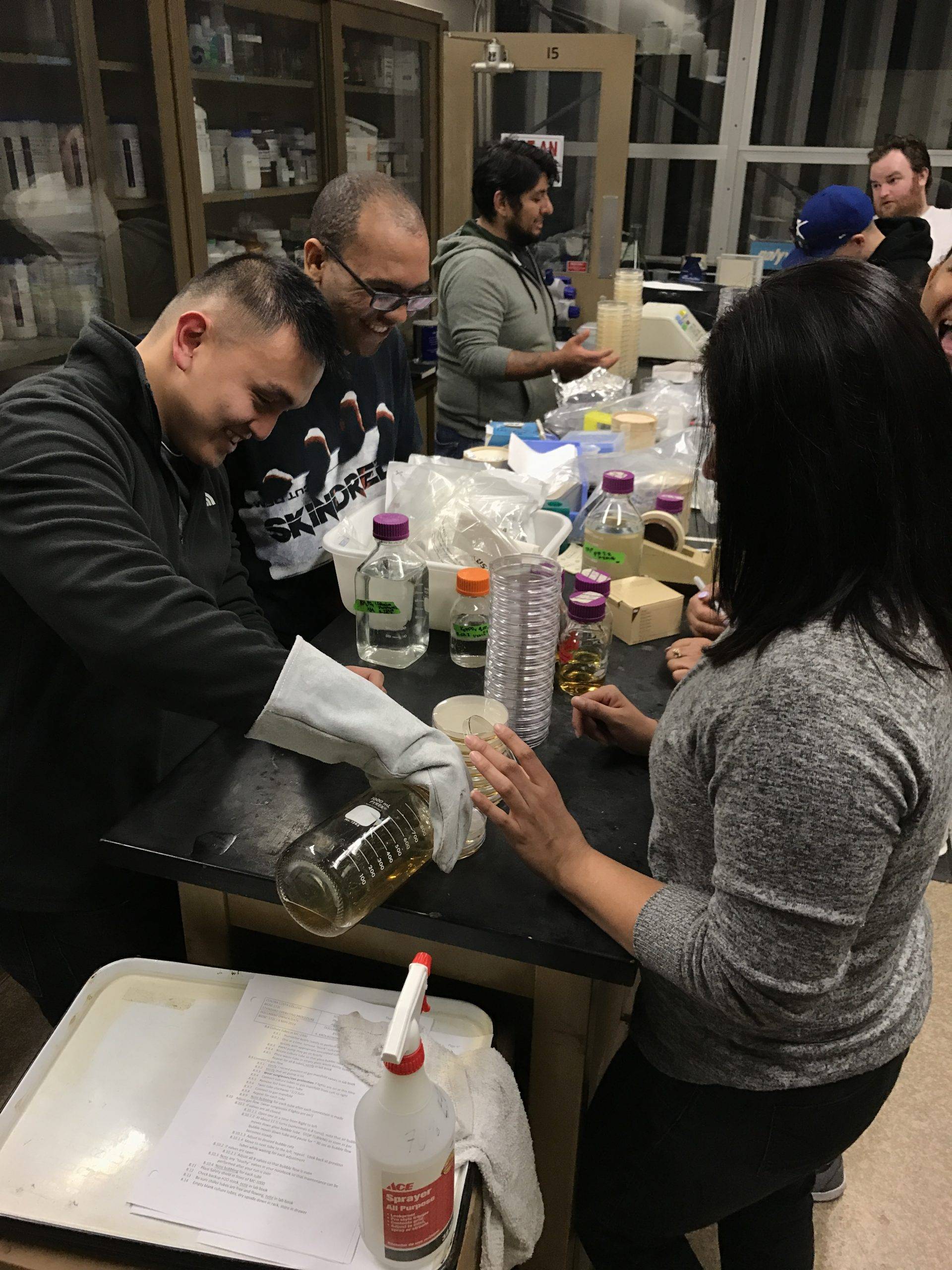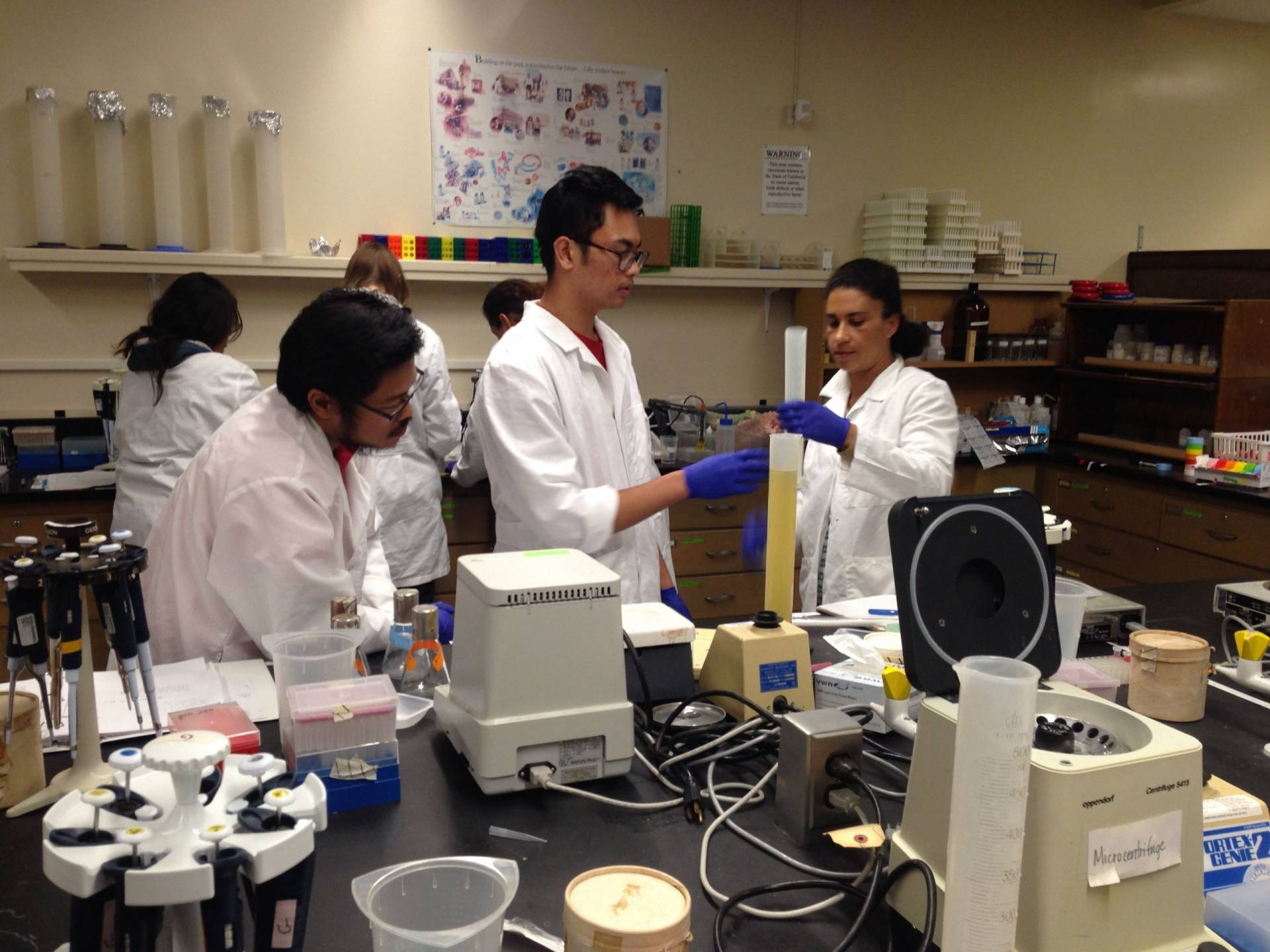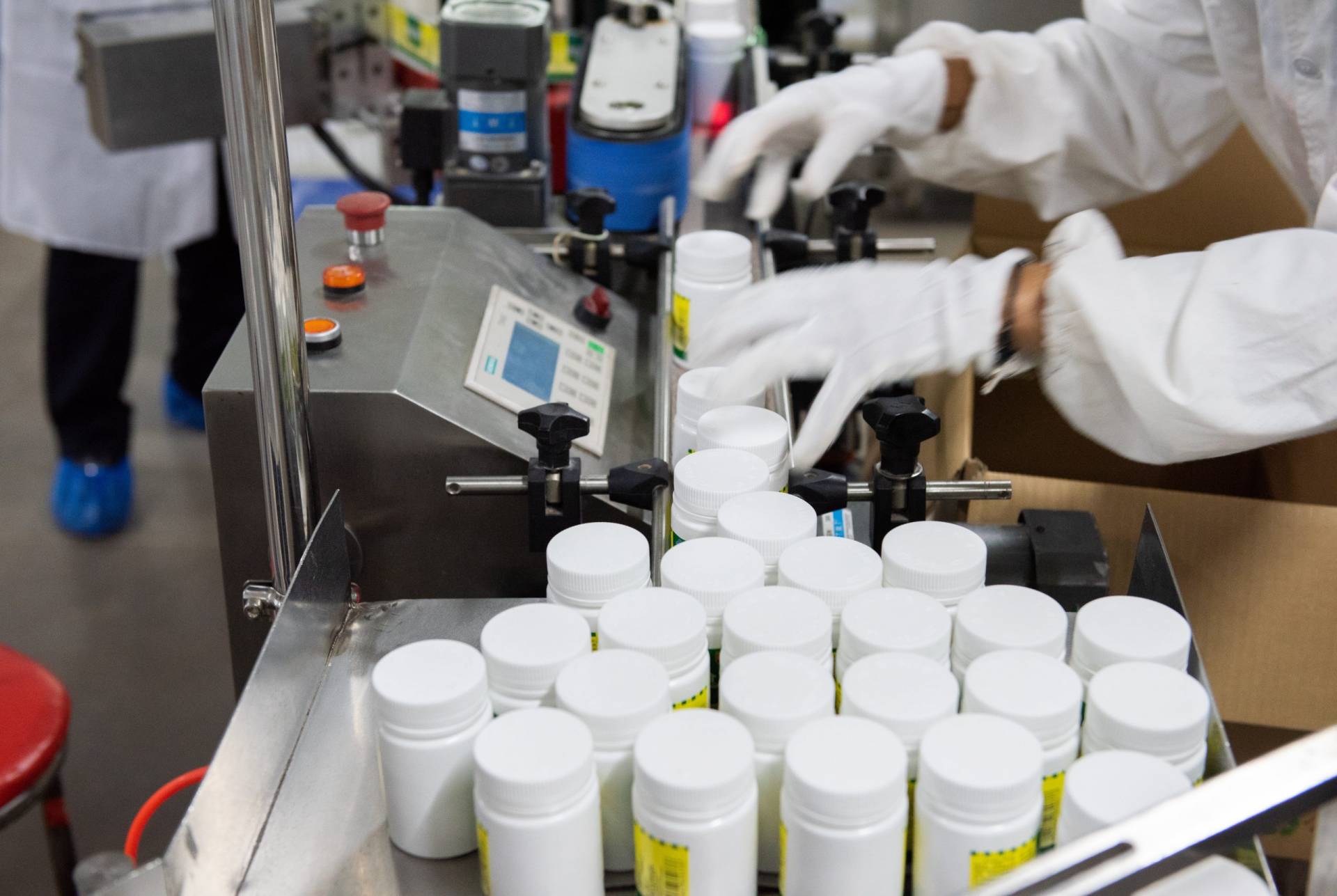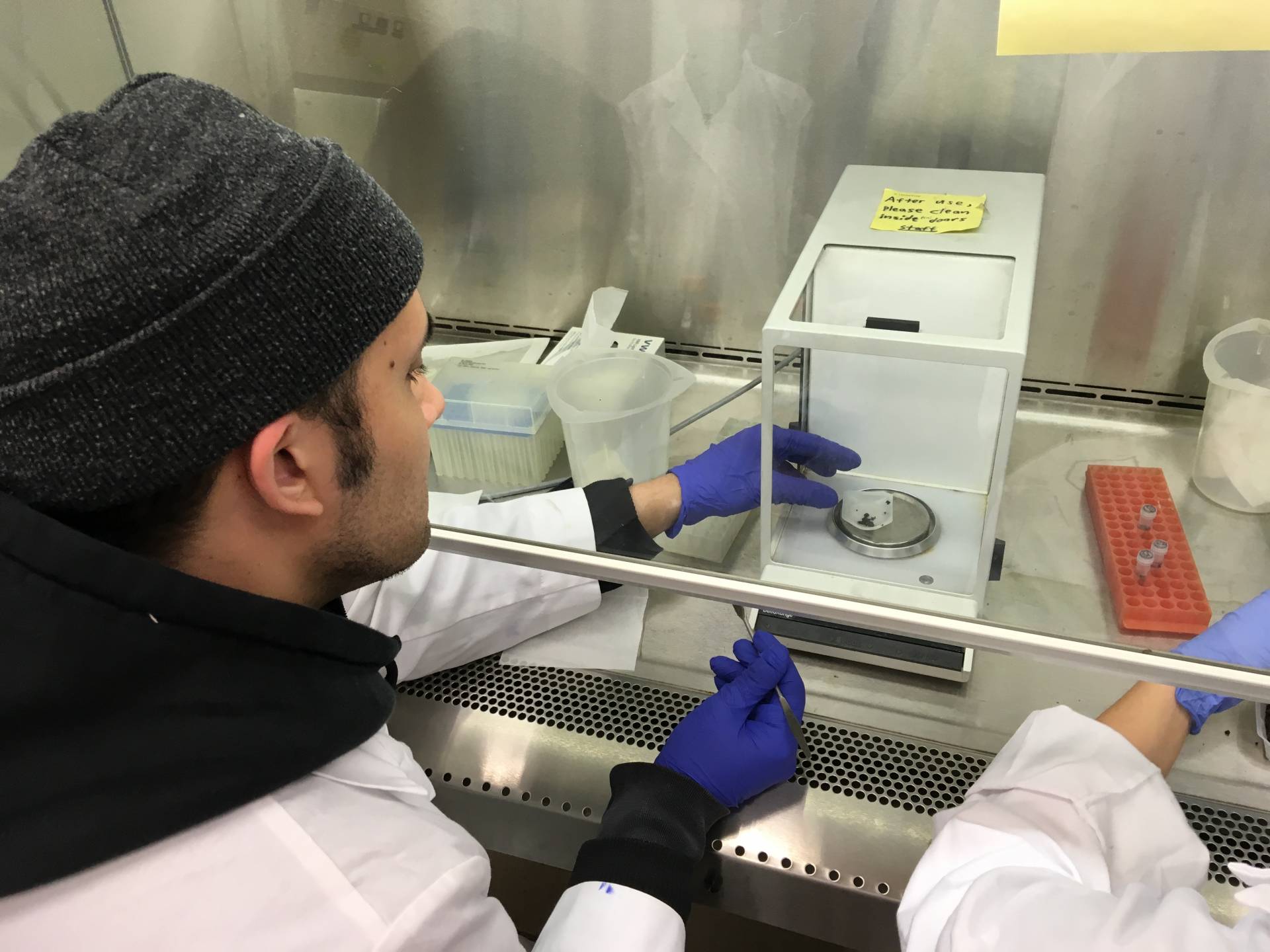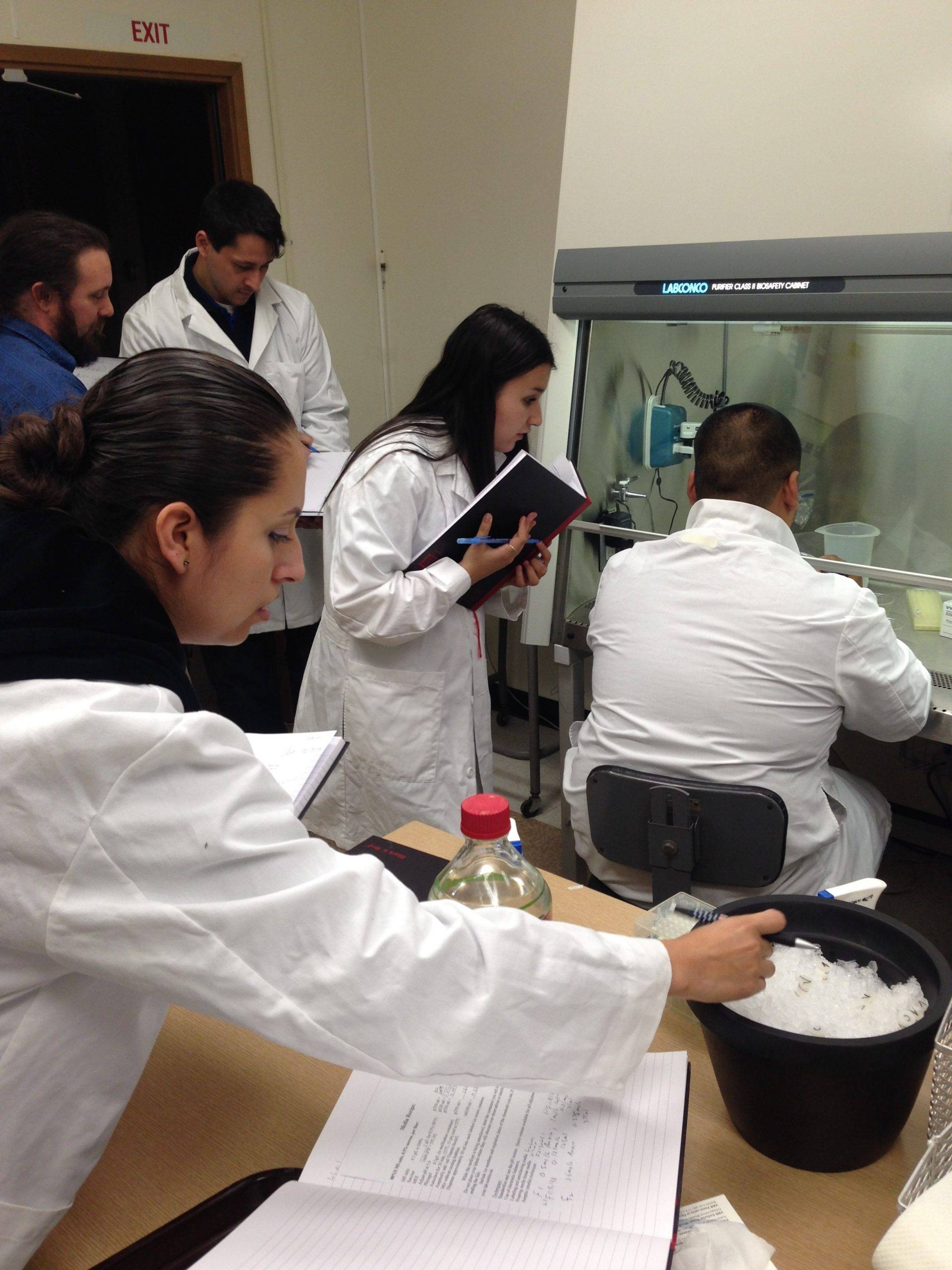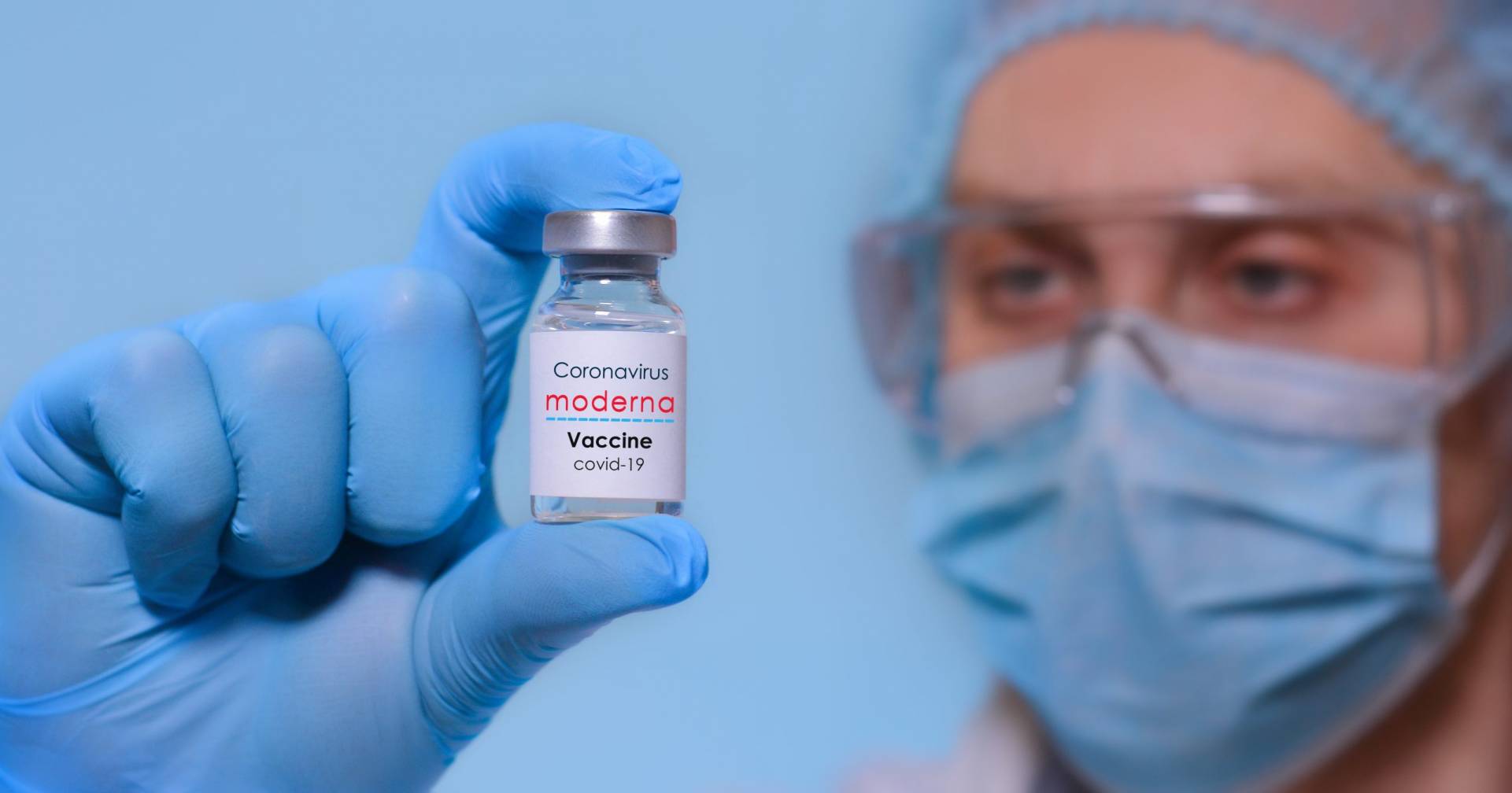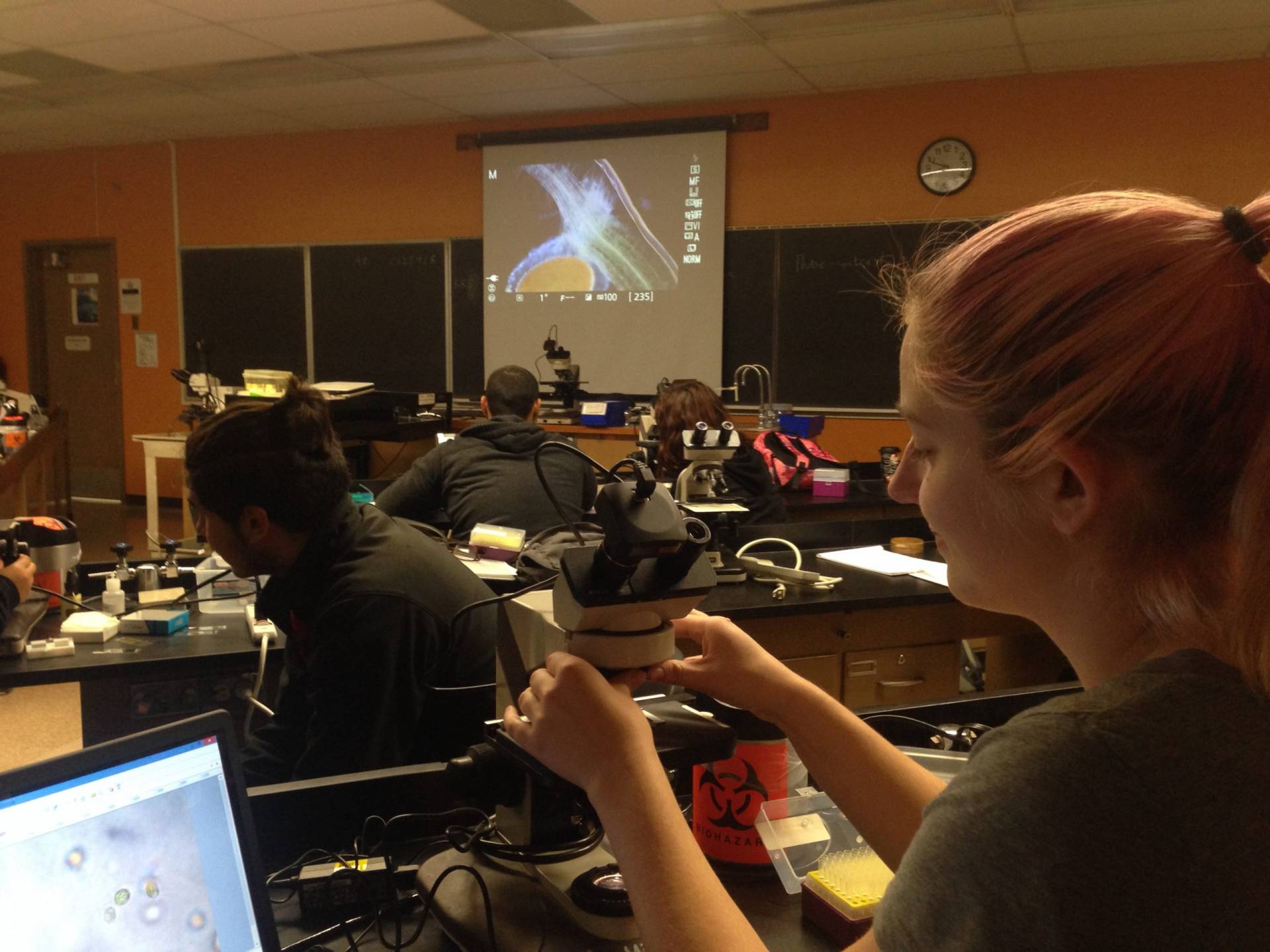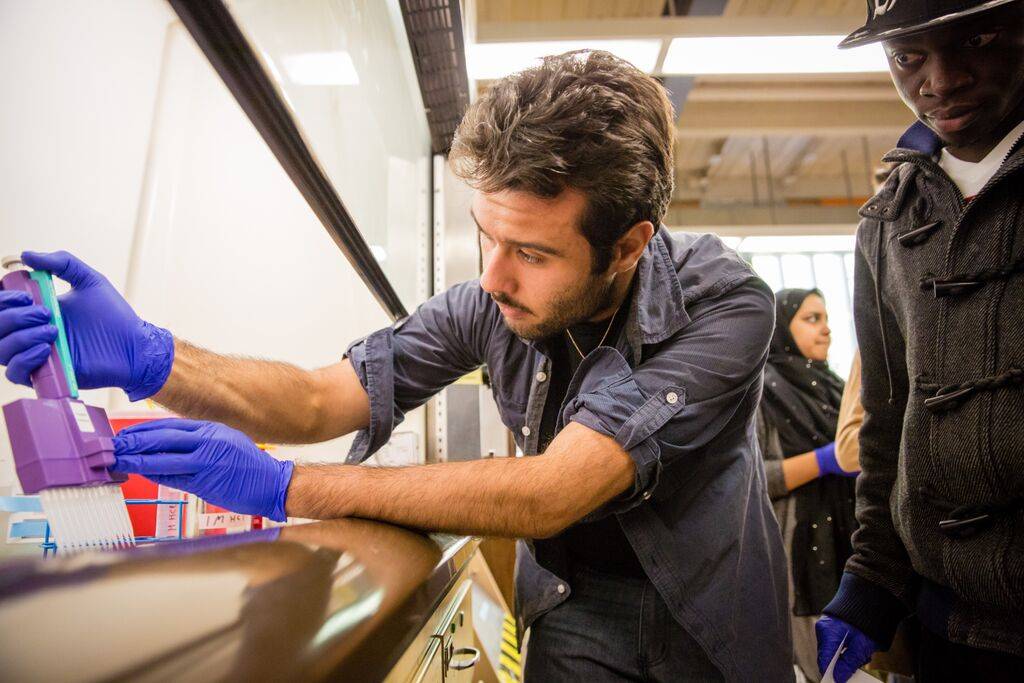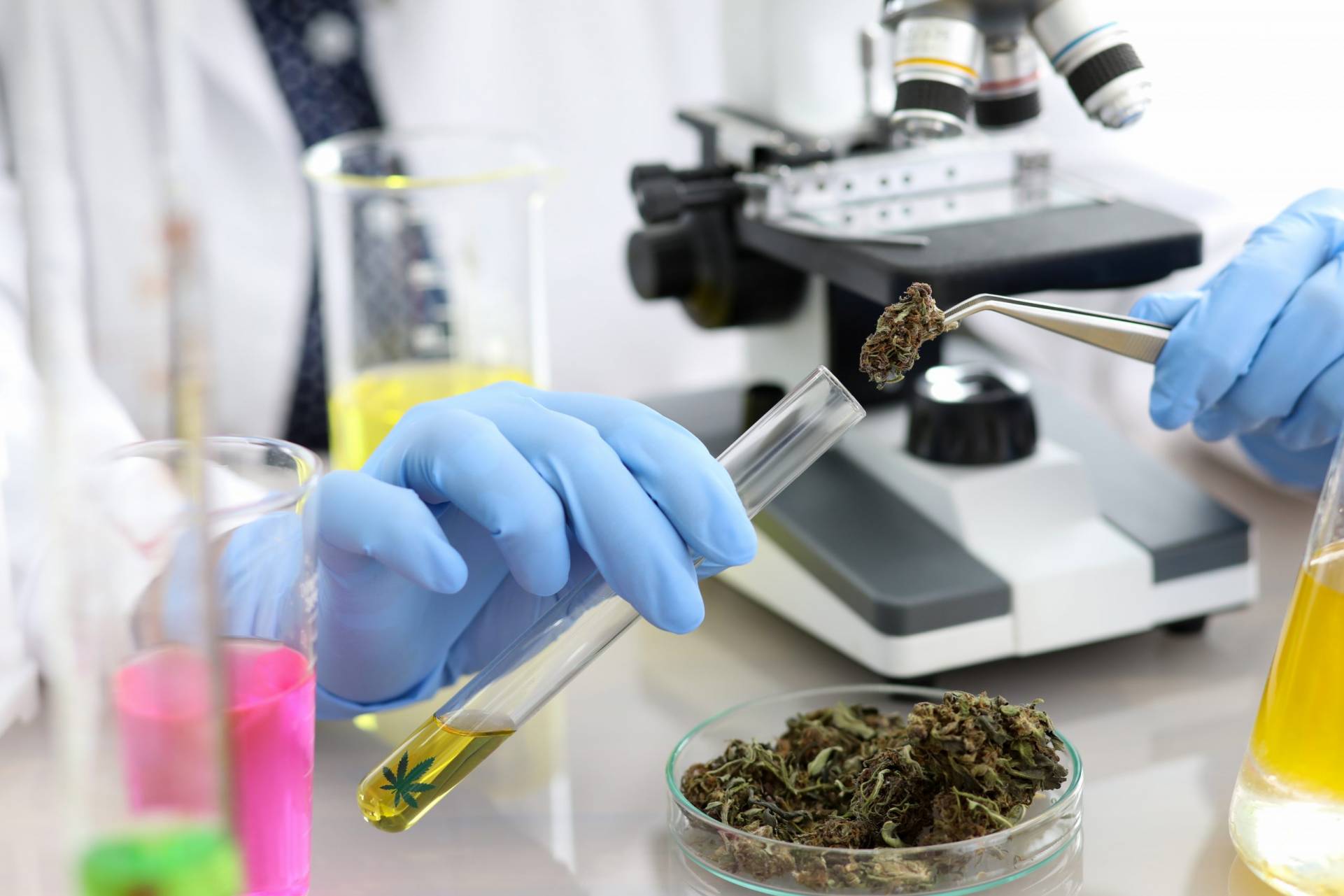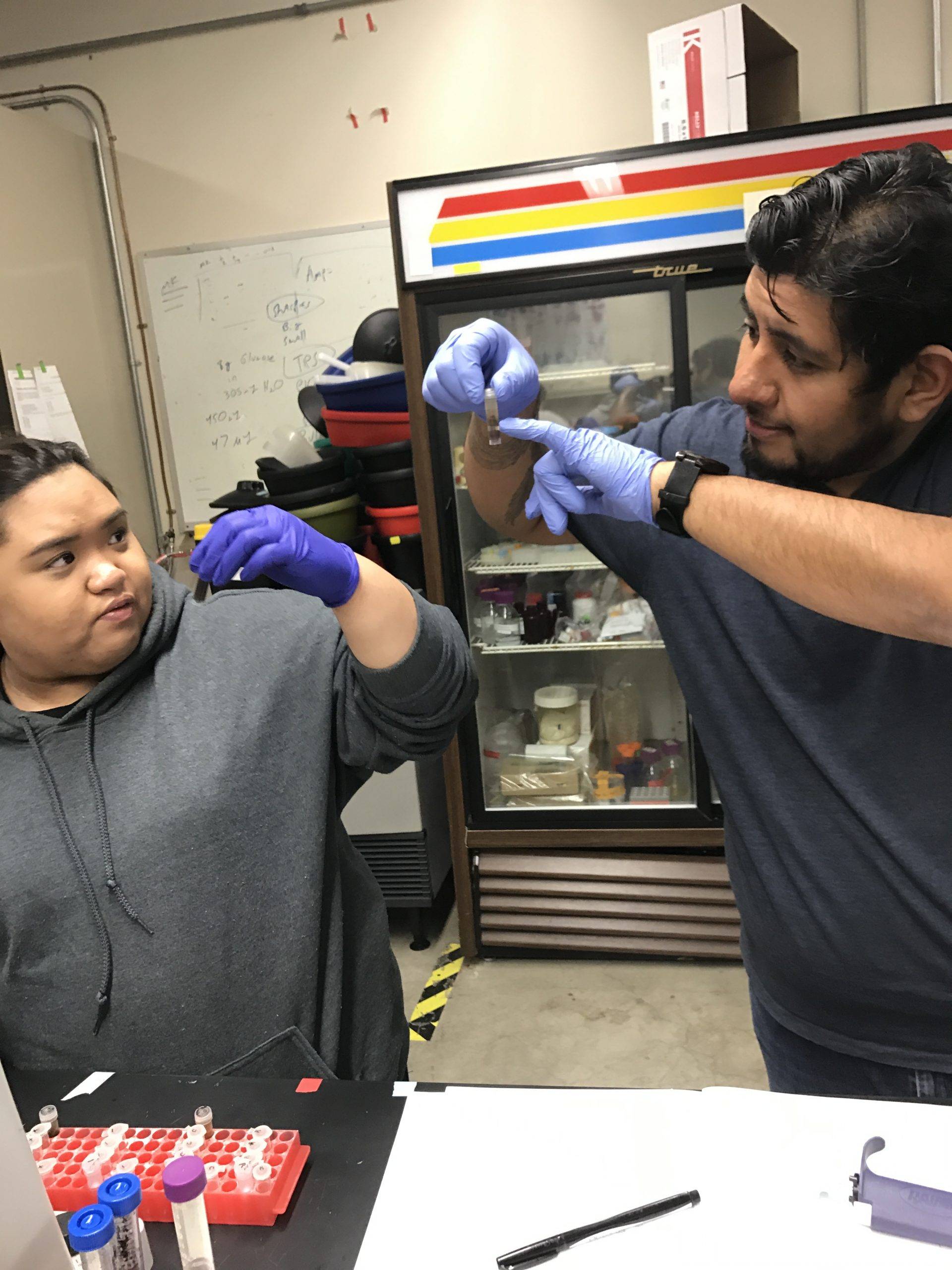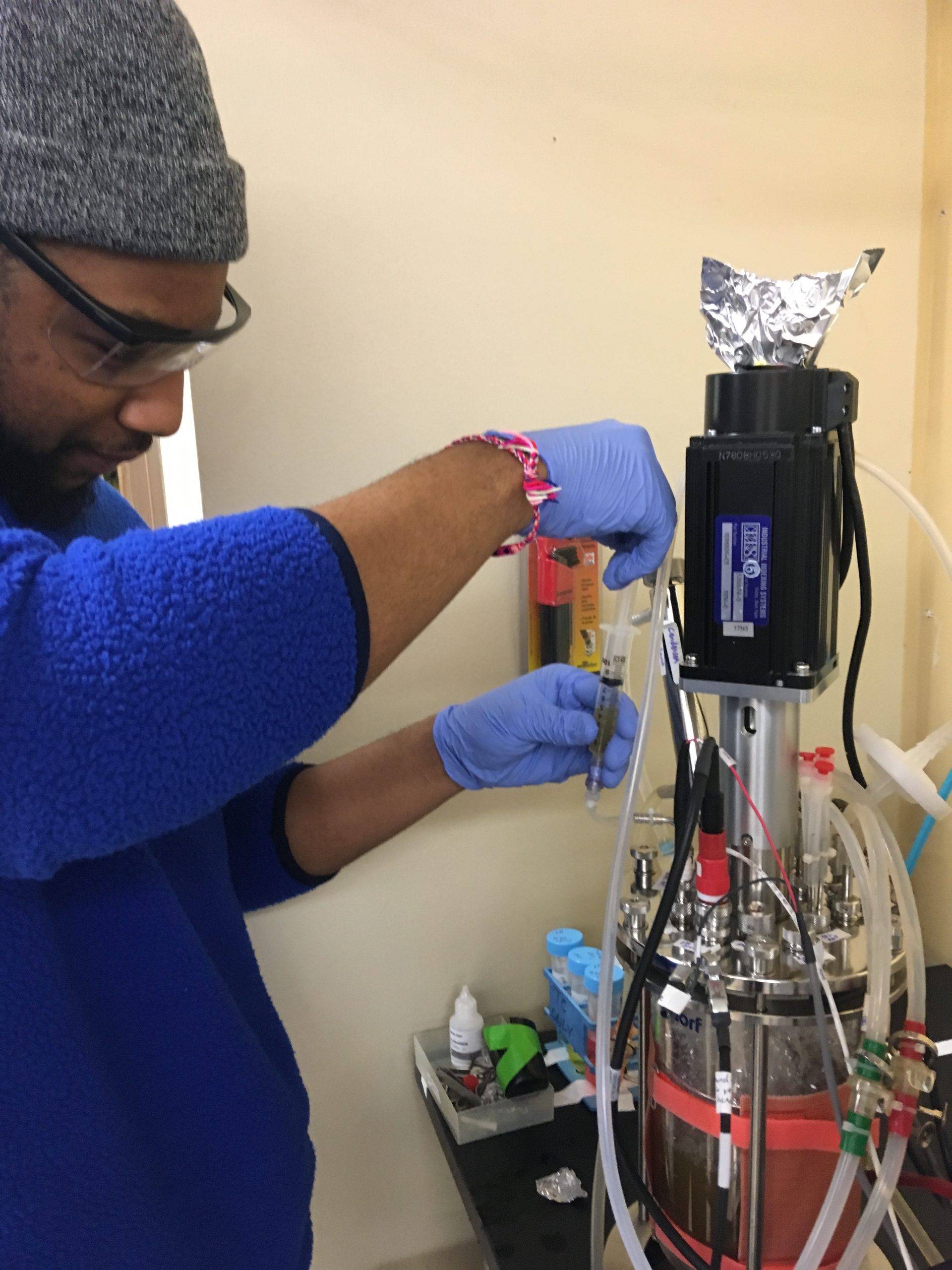The field of biotechnology (a field of applied biology that involves the use of living organisms and bioprocesses in engineering, technology, medicine, and other applications) touches nearly every aspect of each of our lives. This program trains and educates students for thoughtful, productive work in research laboratories and industrial situations. Upon completion of a certificate or degree, students will be able to: maintain a safe and productive work environment, manage and communicate information, perform mathematical manipulations, perform measurements/ tests/ assays, prepare solutions and media, and comply with applicable regulations and standards.
Course Requirements (9 major courses for 27 units plus general education for a total of 60 units)
Core Biotechnology Course #1
- BIOSC172 – Introduction to biotechnology (3U)
Core Biotechnology Course #2
- BIOSC172L – Introduction to biotechnology lab (1U)
Core Biotechnology Course #3
- BIOSC157/9 – Foundations in biotechnology (3U)
Core Biotechnology Course #4
- BIOSC147 – Molecular and Cellular biology (4U)
Core Biotechnology Course #5
- CHEM120 – General College Chemistry I (5U)
Advanced Lab Course #1 (choose one)
- BIOSC186 – Purification and analysis of biological molecules (Protein Purification and Analysis) (2U)
- BIOSC188 – Biotechnology Operations – Analytic Laboratory / Bioprocessing (2U)
- BIOSC183 – Mammalian Cell Culture (Eukaryotic cell culture) (2U)
- BIOSC182 – Safety, efficacy, and quality in regulated products (GLP and GMP; Principles and Compliance) (2U)
Advanced Lab Course #2 (choose a second one)
- BIOSC186 – Purification and analysis of biological molecules (Protein Purification and Analysis) (2U)
- BIOSC188 – Biotechnology Operations – Analytic Laboratory / Bioprocessing (2U)
- BIOSC183 – Mammalian Cell Culture (Eukaryotic cell culture) (2U)
- BIOSC182 – Safety, efficacy, and quality in regulated products (GLP and GMP; Principles and Compliance) (2U)
Business and communication (choose 1)
- BUS120 – Introduction to Management (3U)
- SPCH120 – Public speaking
Computer and data proficiency (choose 1)
- MATH164 – Introduction to Probability and Statistics (4U)
- CIS135 – Introduction to Computers (4U)
- BOT224 – Microsoft Excel for Business (3.5U)
- BOT226 – Microsoft Access for Business (3.5U)
General Education and Electives (to 60 units total)
- Language and Rationality
- Oral Communication and Critical Thinking
- Natural Science
- Arts and Humanities
- Social Sciences
- Mathematics Proficiency
Competencies
- Graduates have a solid foundation in the basics of biology and an understanding of the breadth of the biotech industry. A.S. degree holders likely have the strongest biology and science background, including the typical lower-level science requirements for biology majors.
- Graduates are enthusiastic about the field and have the courage and ability to think critically about their projects. They are willing to both explore available information independently and also direct questions to appropriate co-workers when solving problems and improving efficiencies in their work.
- Graduates always ask about safety considerations when learning a new protocol, understand what typical hazard symbols mean, and are trained to work safely and productively at all times. Action item is to include this in pre-lab requirements
Skills in
- Provide routine facility (media prep, etc.) support
- Strong technical skills (precision in pipetting, weighing, sample handling, avoid contamination)
- Proper use and care of laboratory equipment for cell culture (microscopes, centrifuges, incubators, laminar flow hood, hemocytometers)
- good documentation practices
- Items identified appropriately and trackable
- Dilutions
- Graphing
- Test-specific math (analysis, statistics, standard curve)
- Aseptic technique
Ability to
- Assess the importance of corrective action and preventive action in continuous improvement
- Clean and /or sterilize laboratory and supplies
- Ability to work in a regulated environment
- Critical thinking
- Maintain a safe and productive work environment
- Maintain laboratory notebook and associated documentation
- Manage and communicate information
- Perform calculations for solution preparation, separation methods, and data analysis
- Perform measurements/tests/assays
- Comply with applicable regulations and standards
- Perform measurements/tests/assays
Knowledge of
- scientific method to test and modify ideas about our understanding of molecular biology concepts
- terminology and acronyms applicable to the field
- Critical examination and analysis of data
- performance of a basic bio-separation technique such as column chromatography
- standard laboratory techniques
- quality testing: Sampling, documentation, extraction, assay, regulations
- safety testing: microbial and contaminant assays
What type of jobs does this prepare for?
- QA/QC Analyst/ Technician/ Associate
- Laboratory Operations Specialist /Technician
- Research Associate
- Biomanufacturing Technician
For the official Associate of Science Degree in Biotechnology Program Outline of Record (POR) click here.
